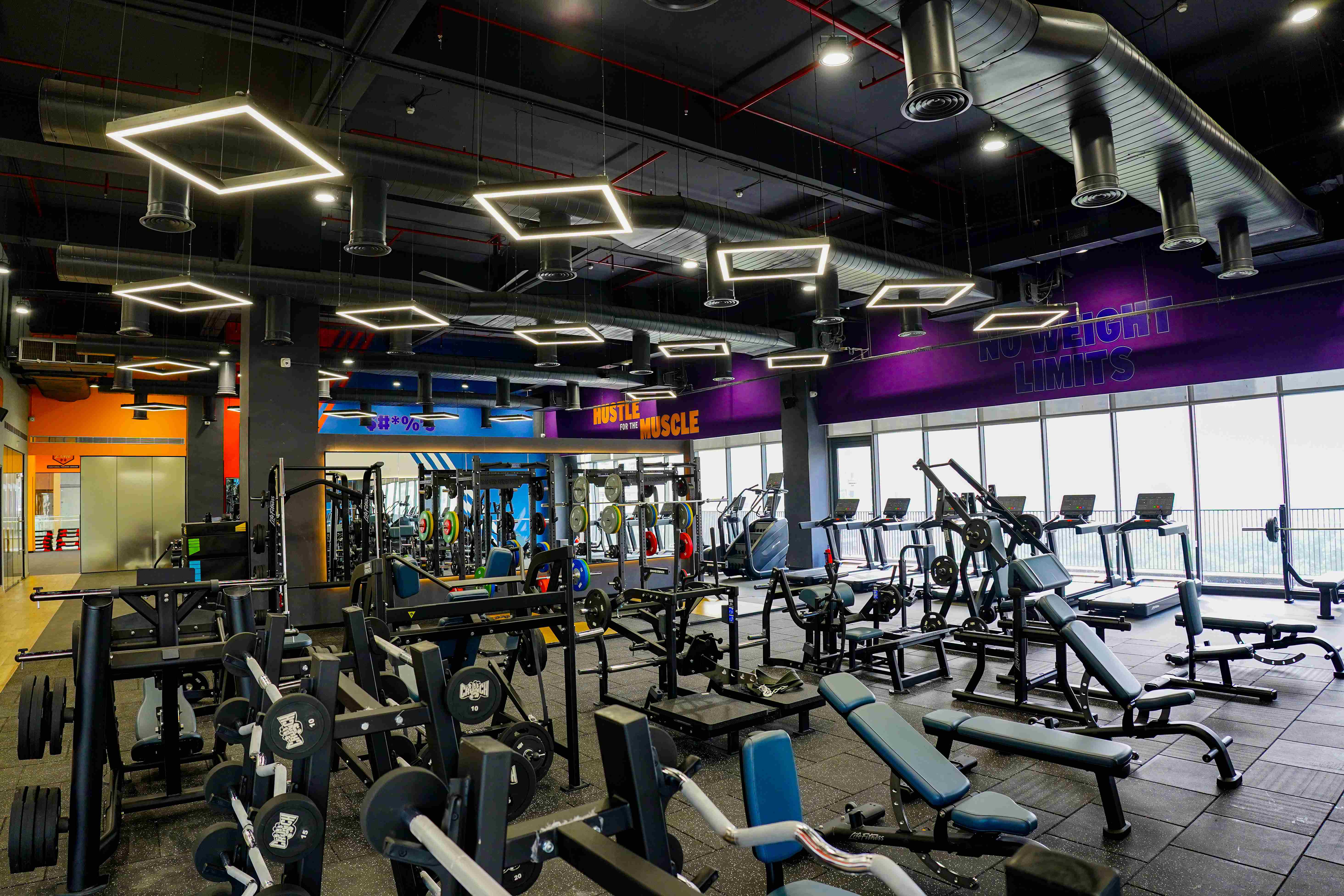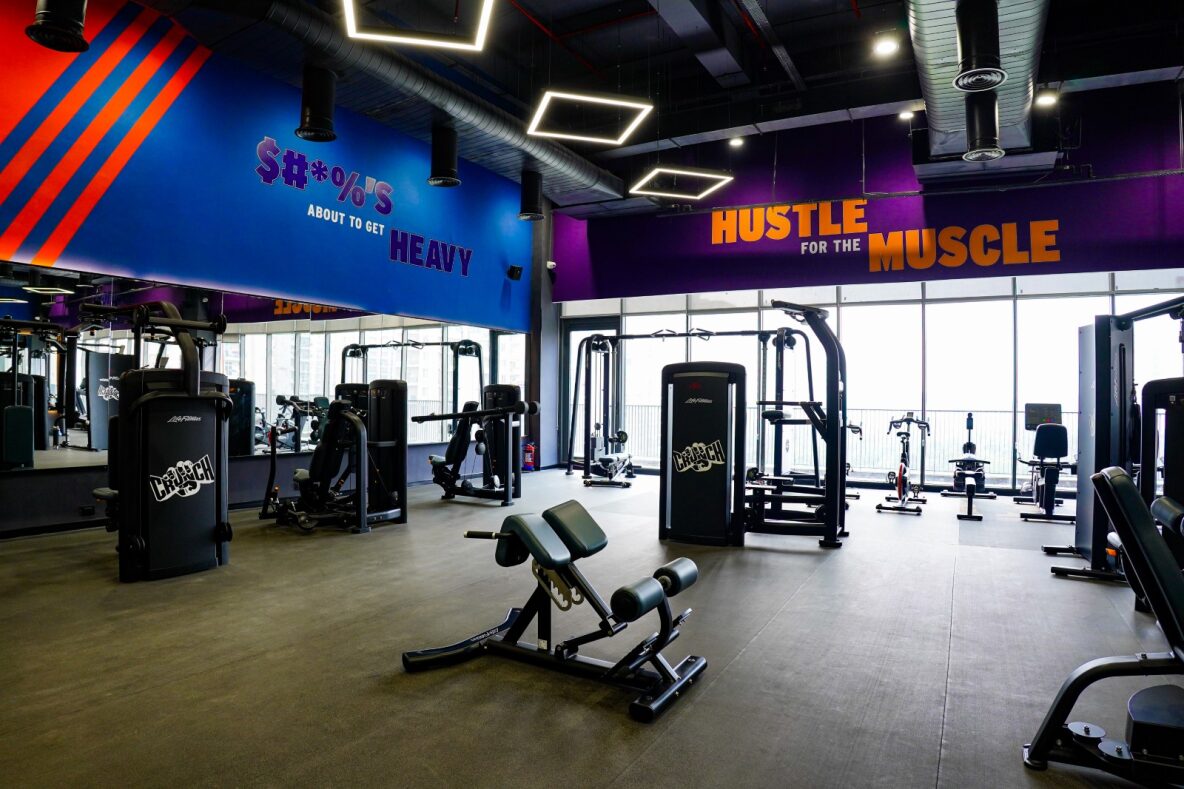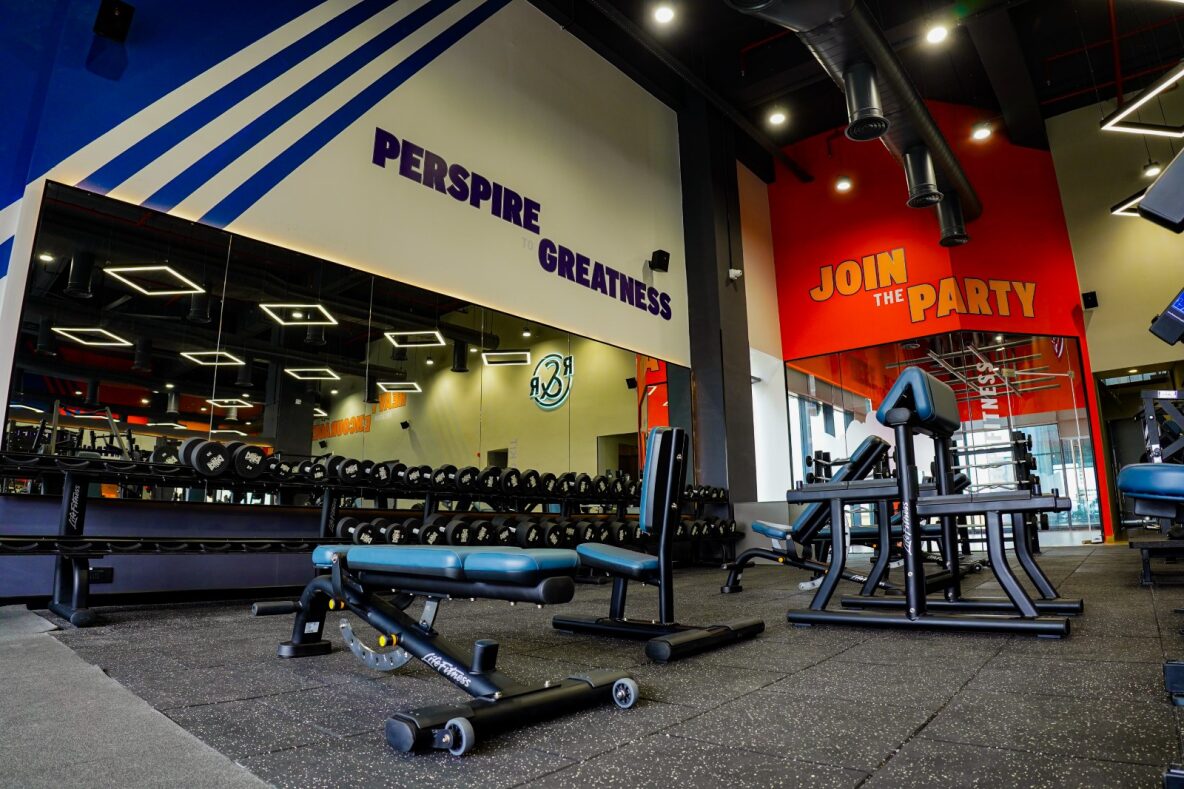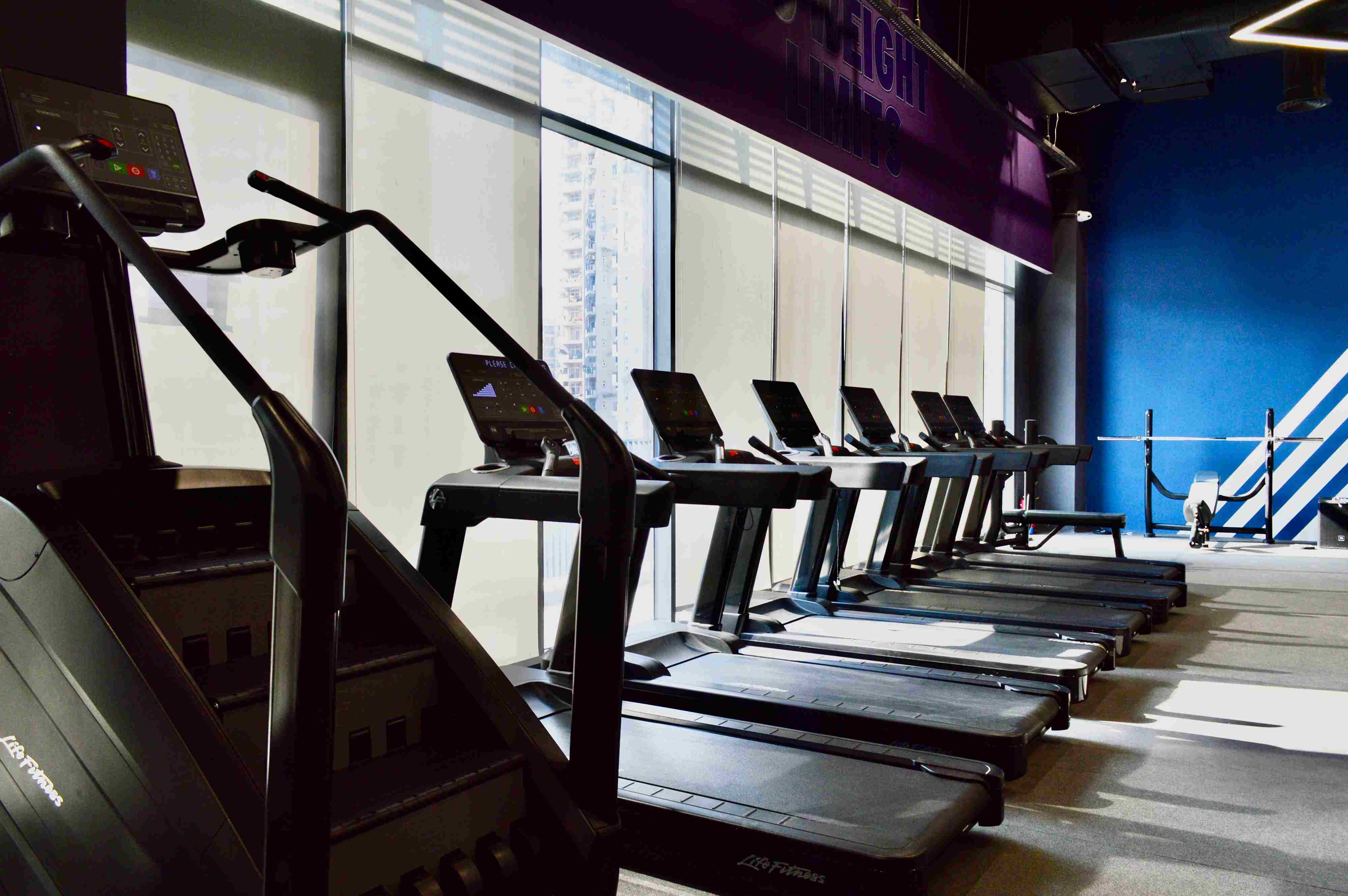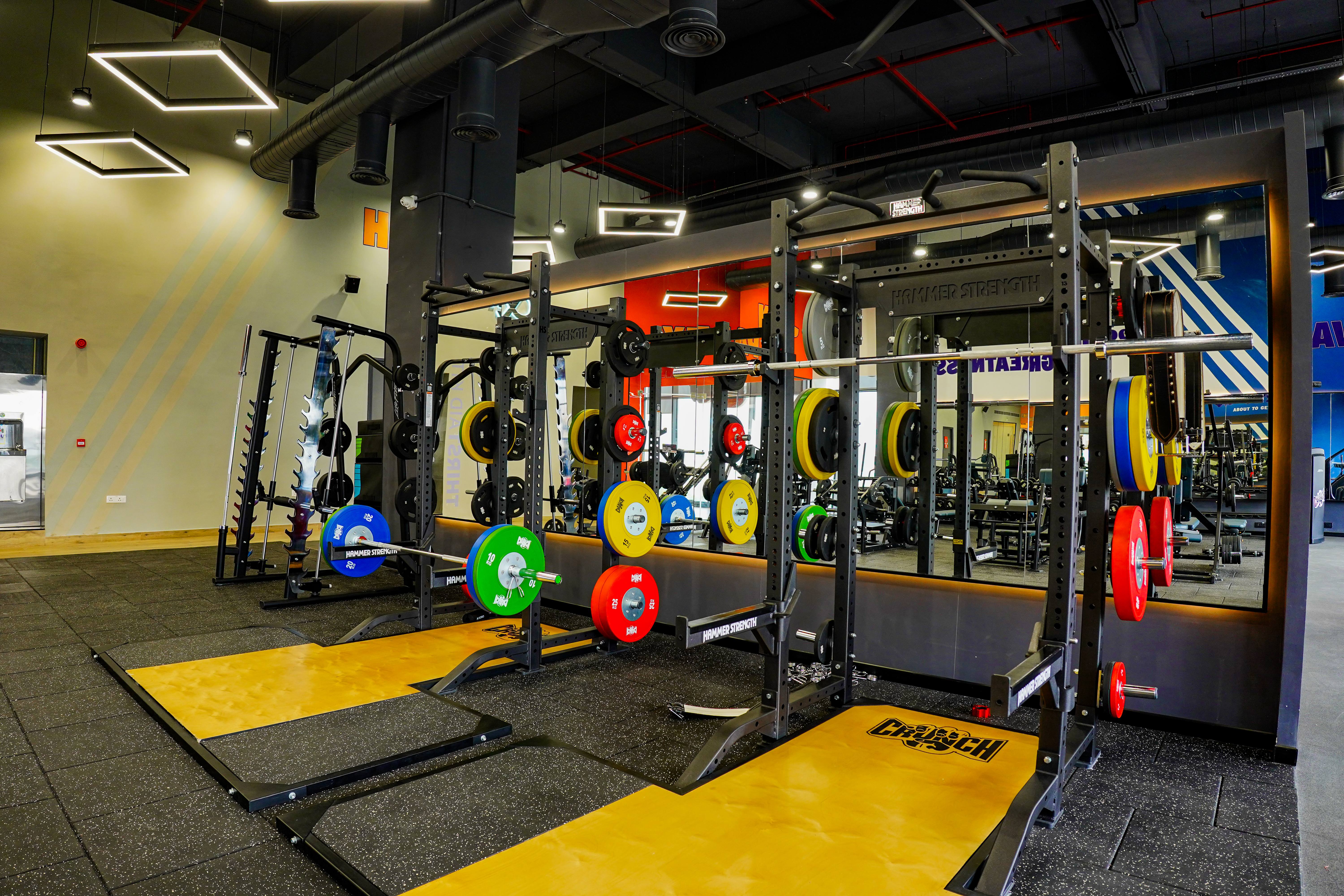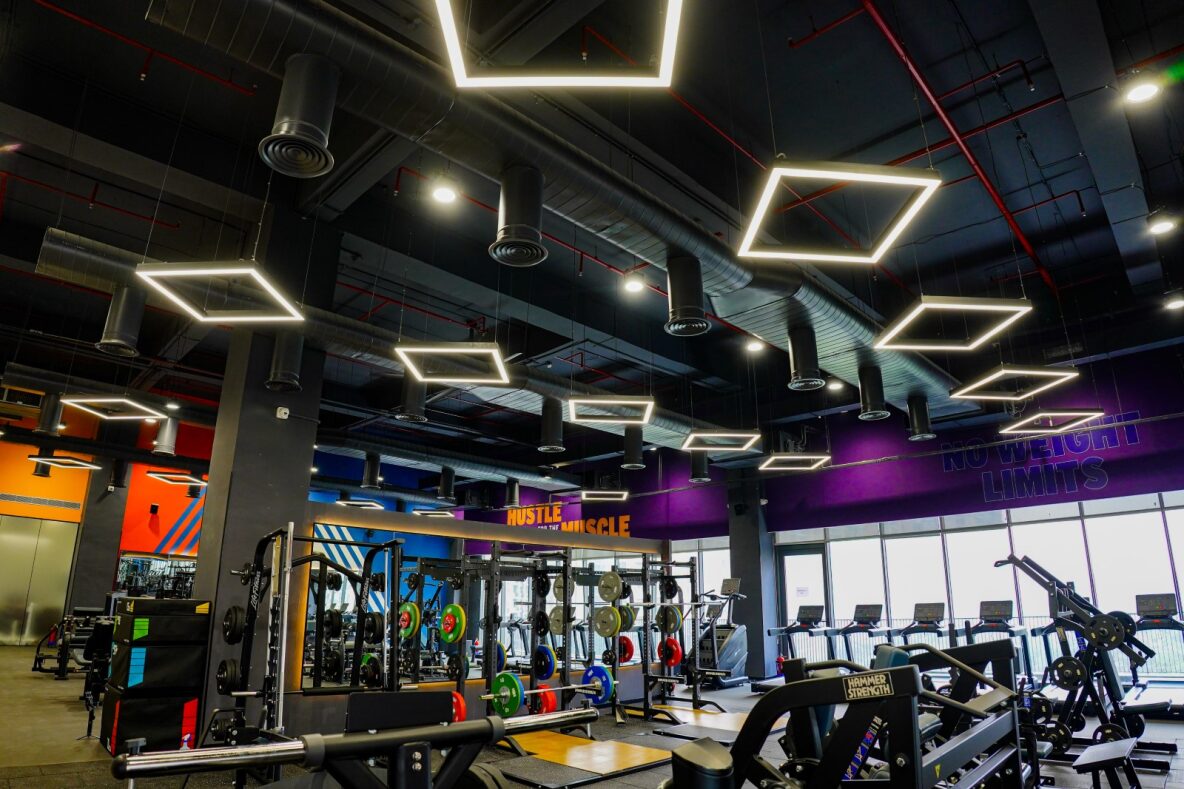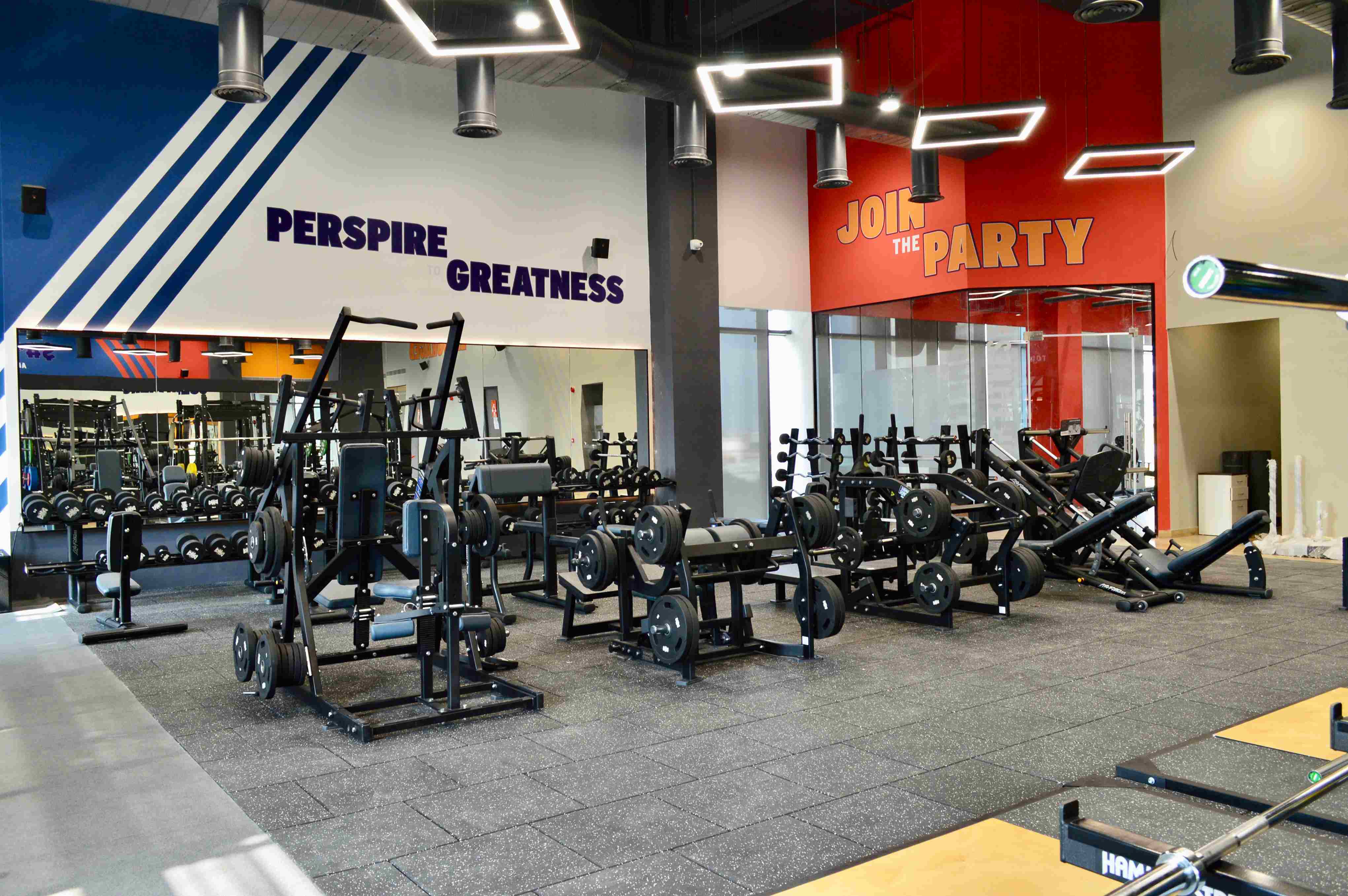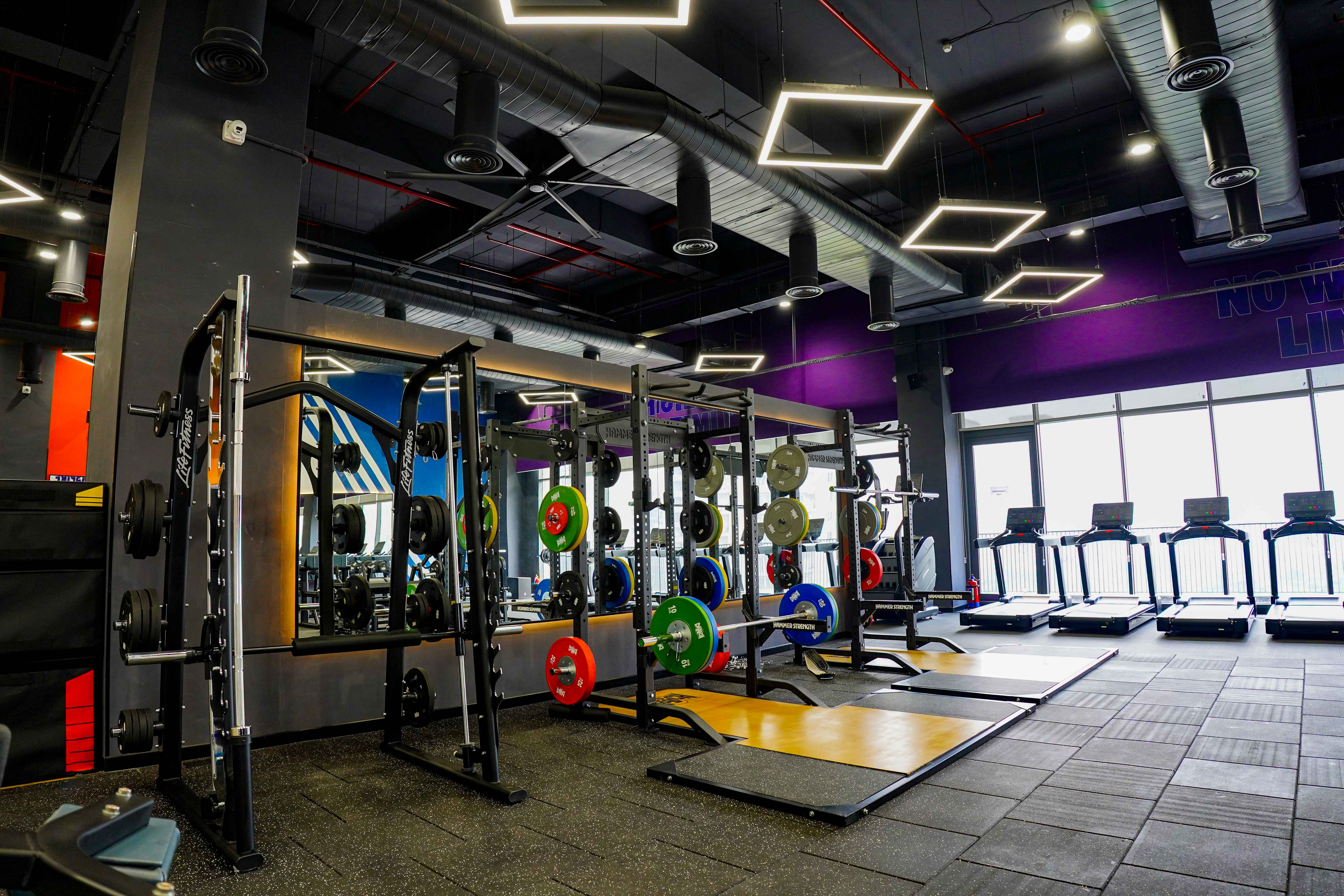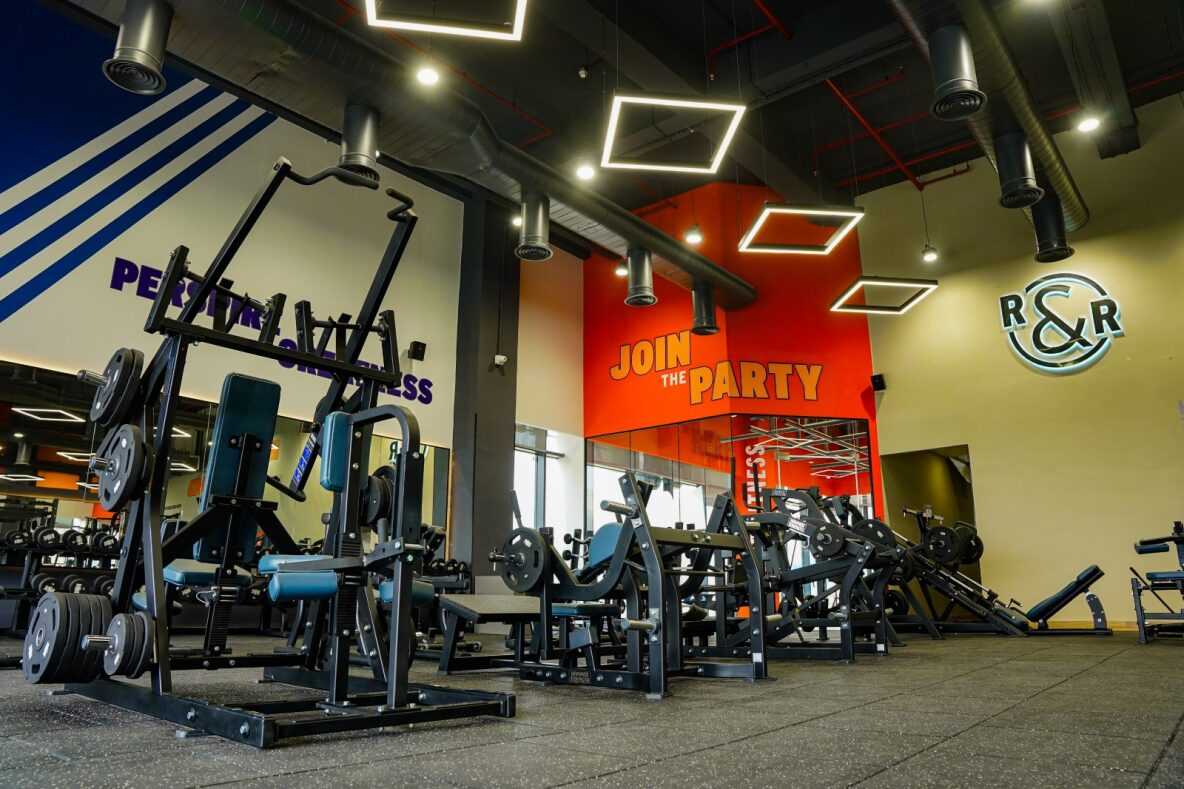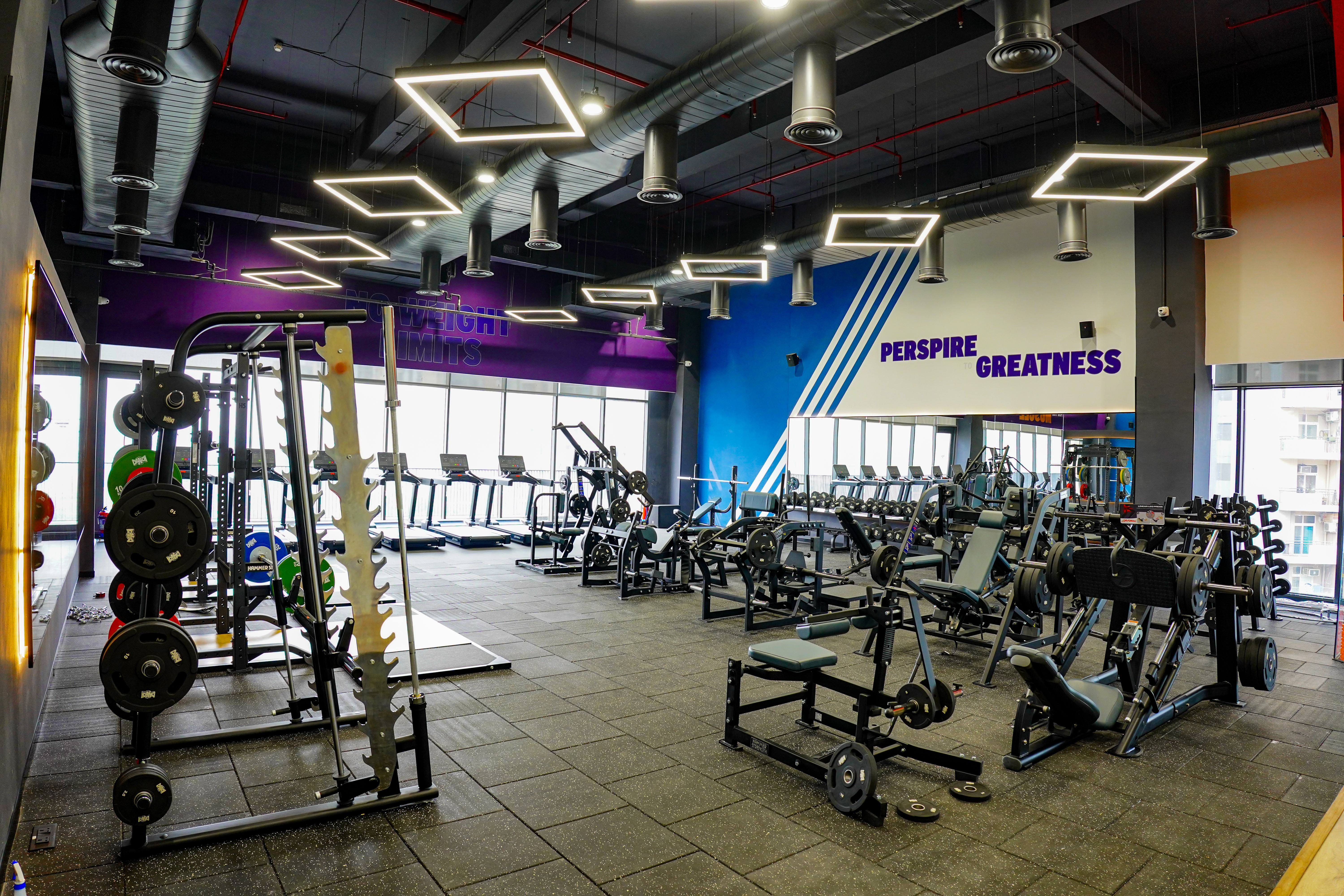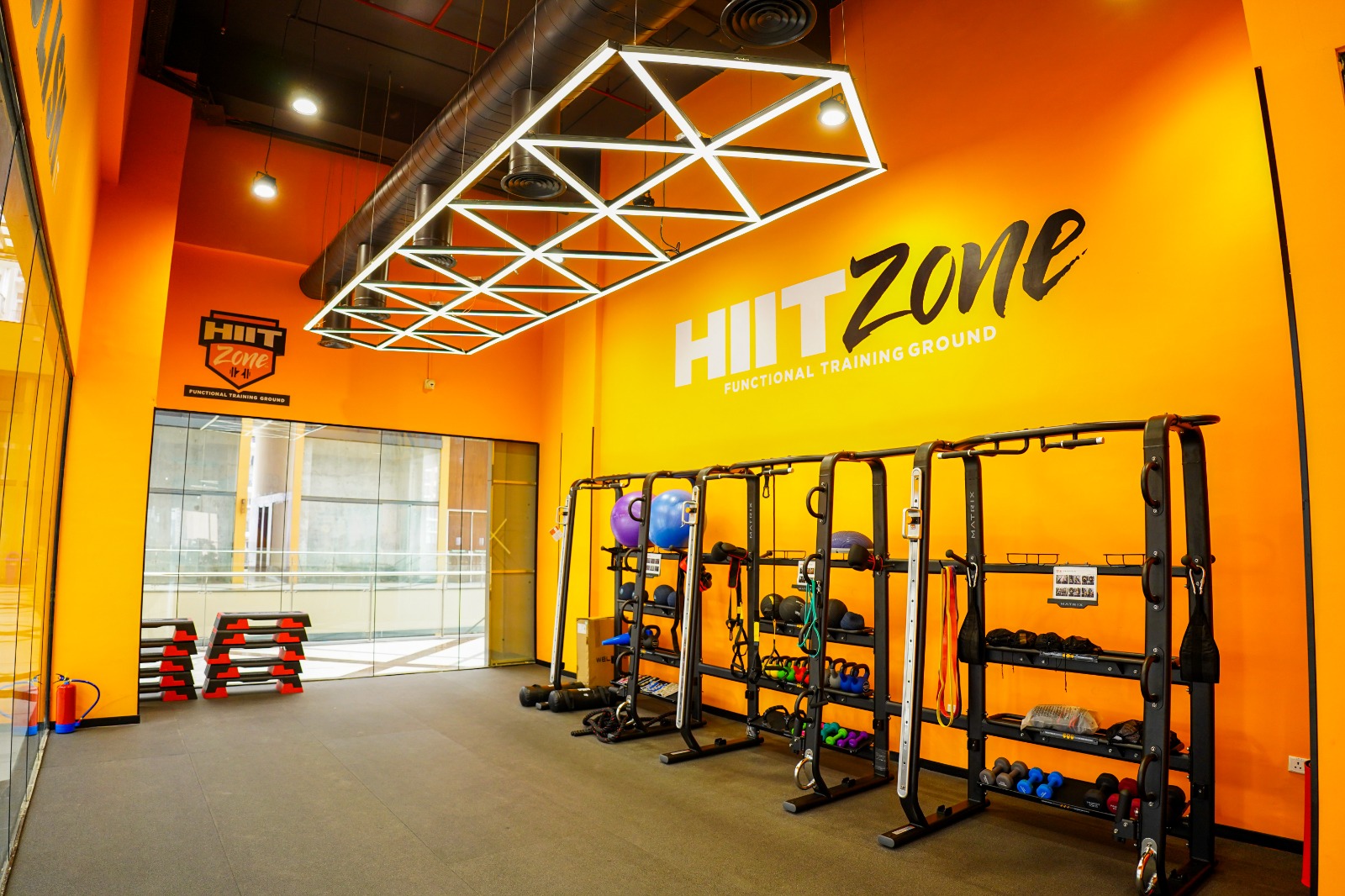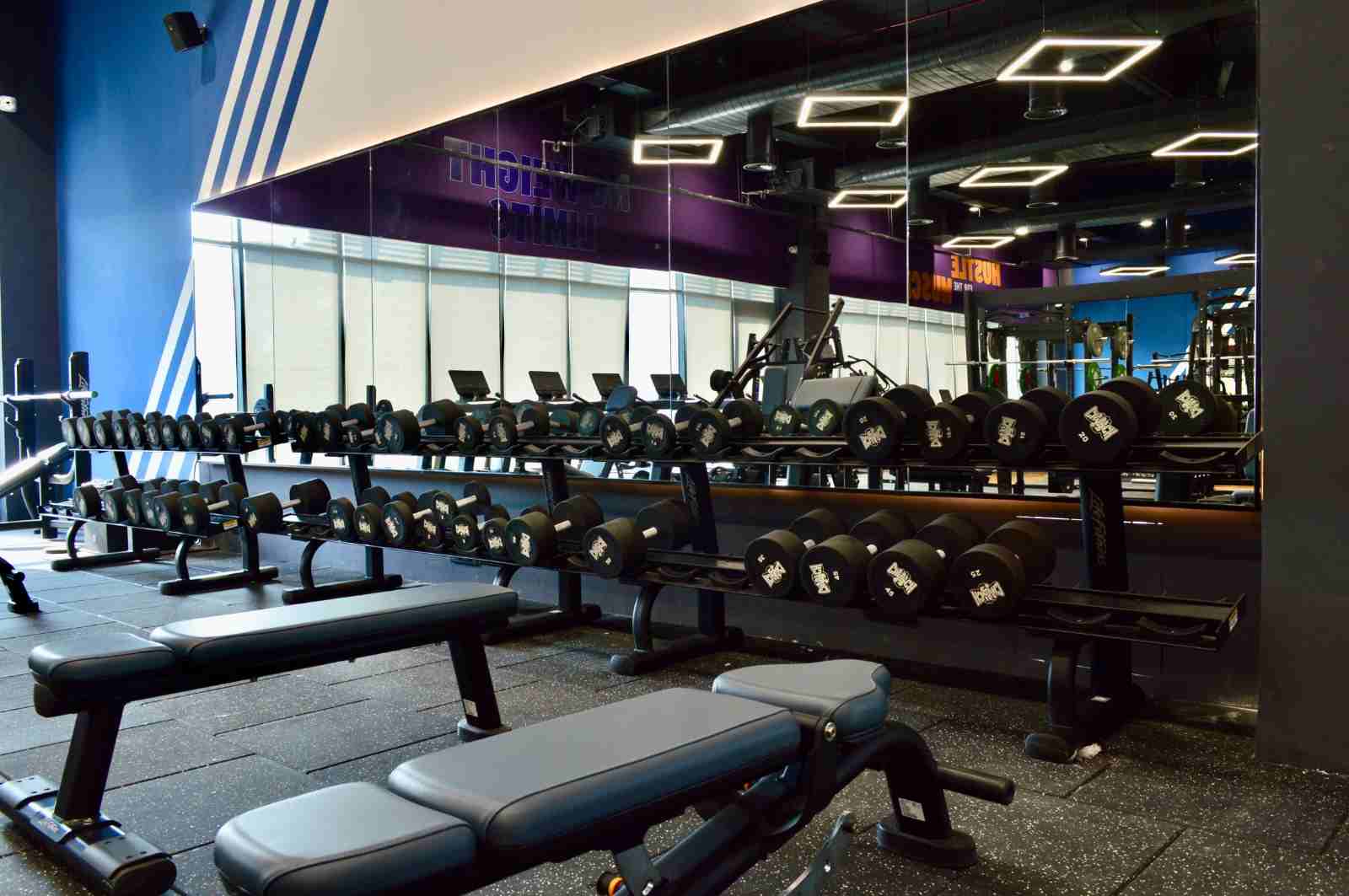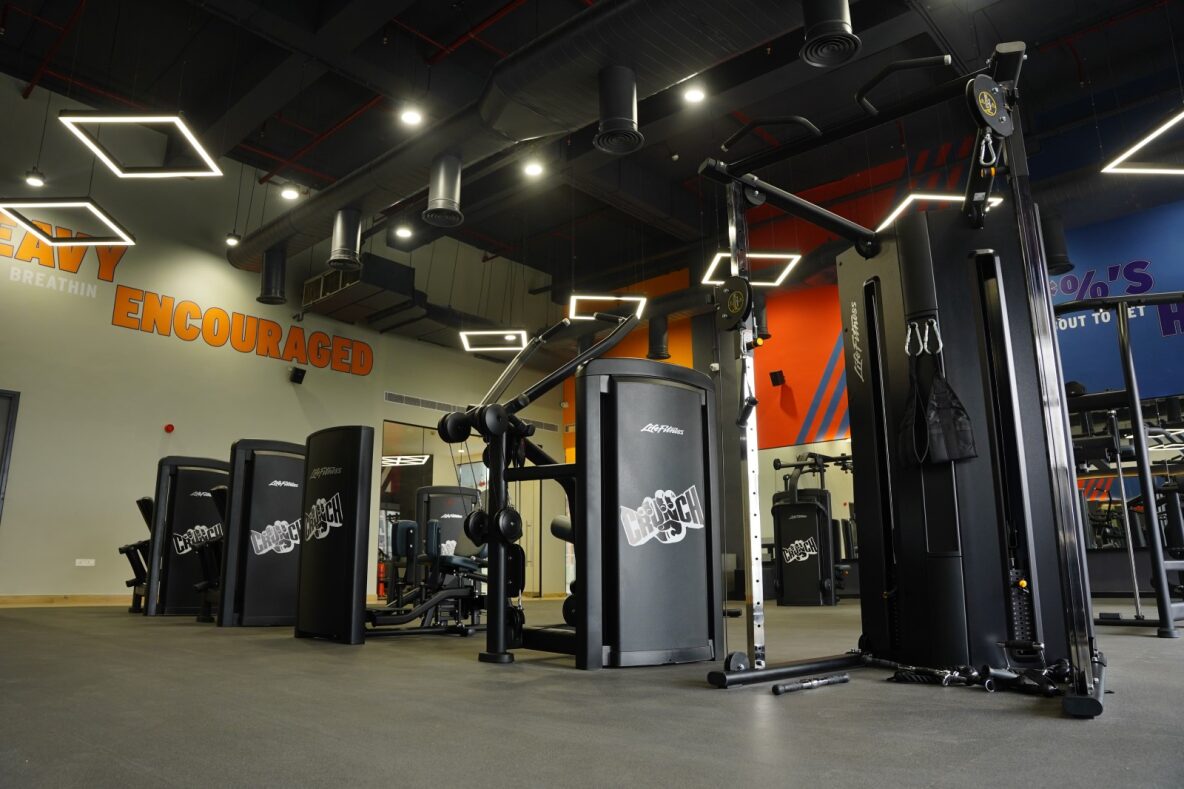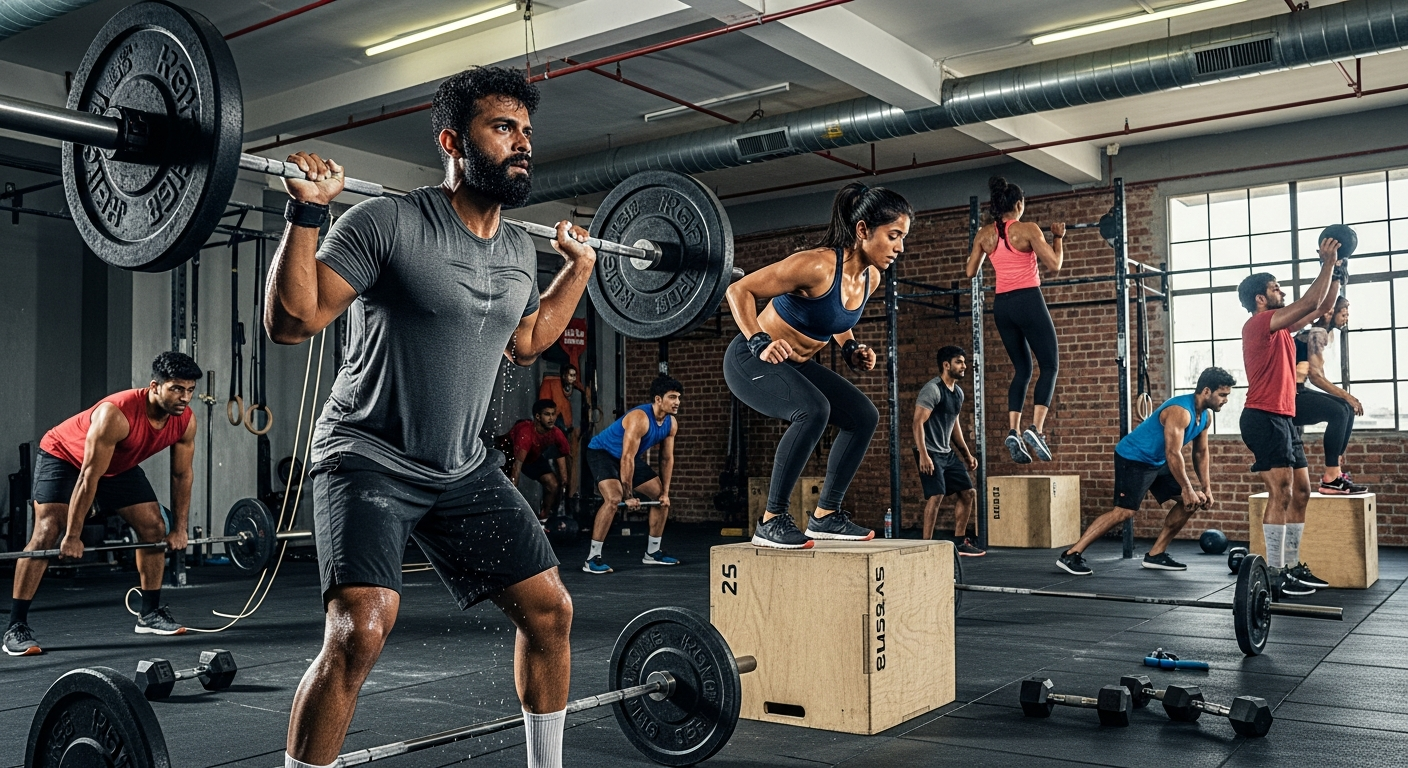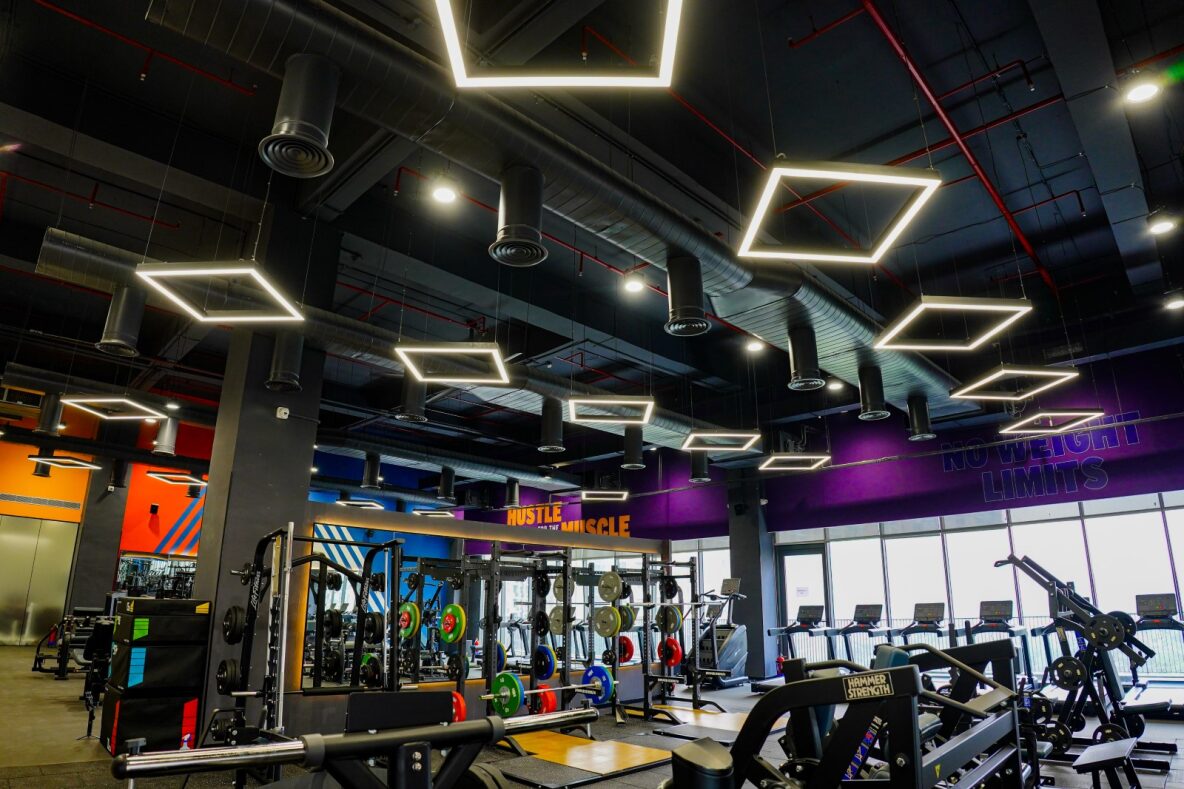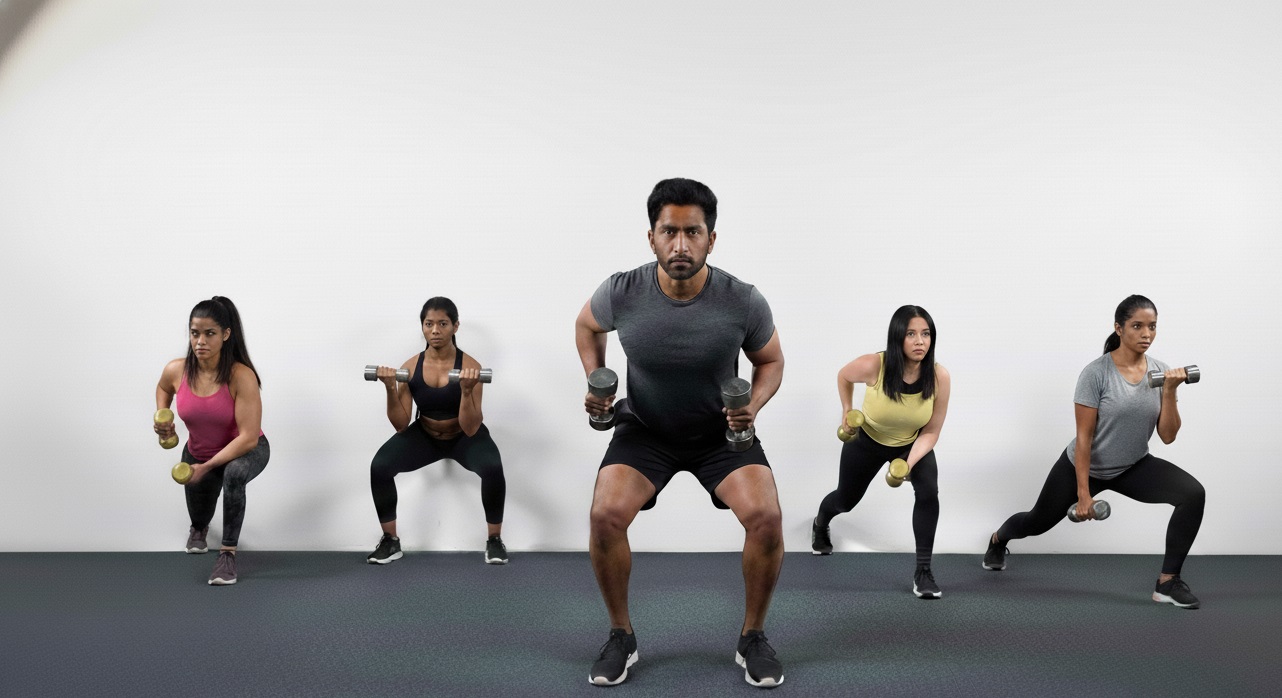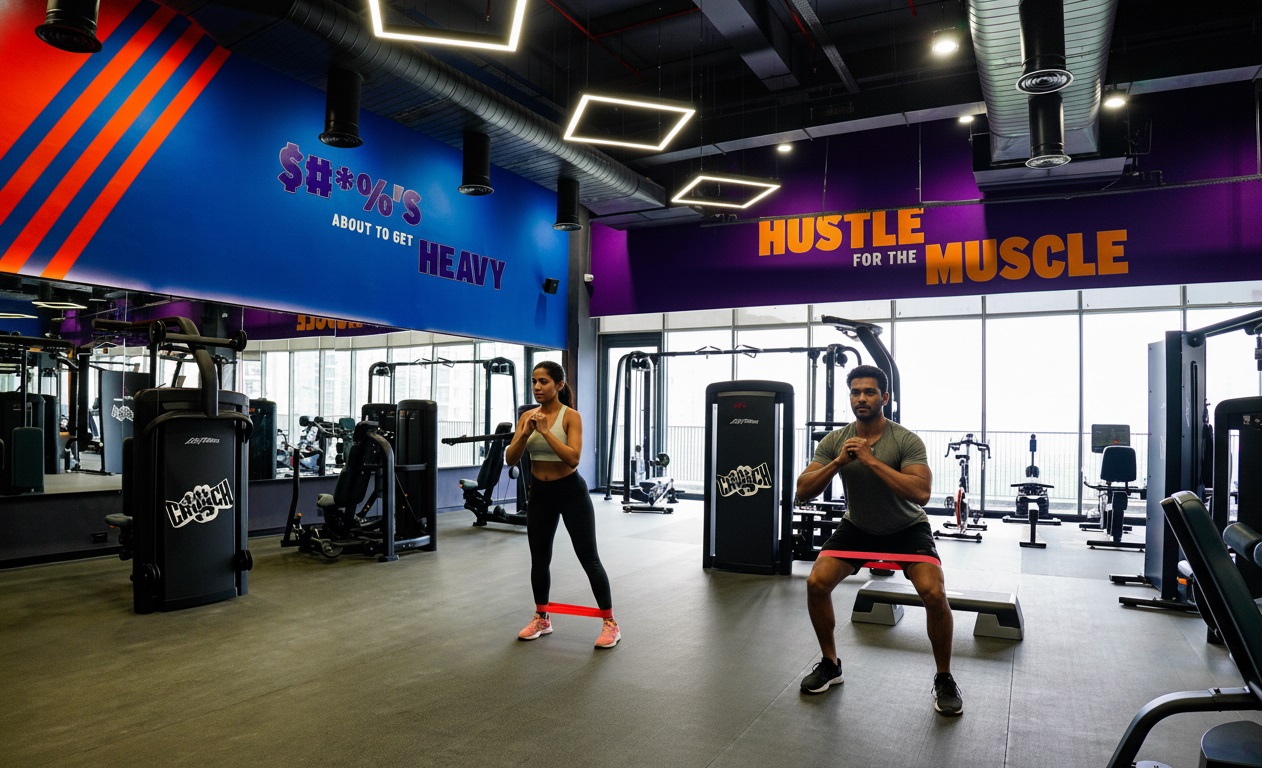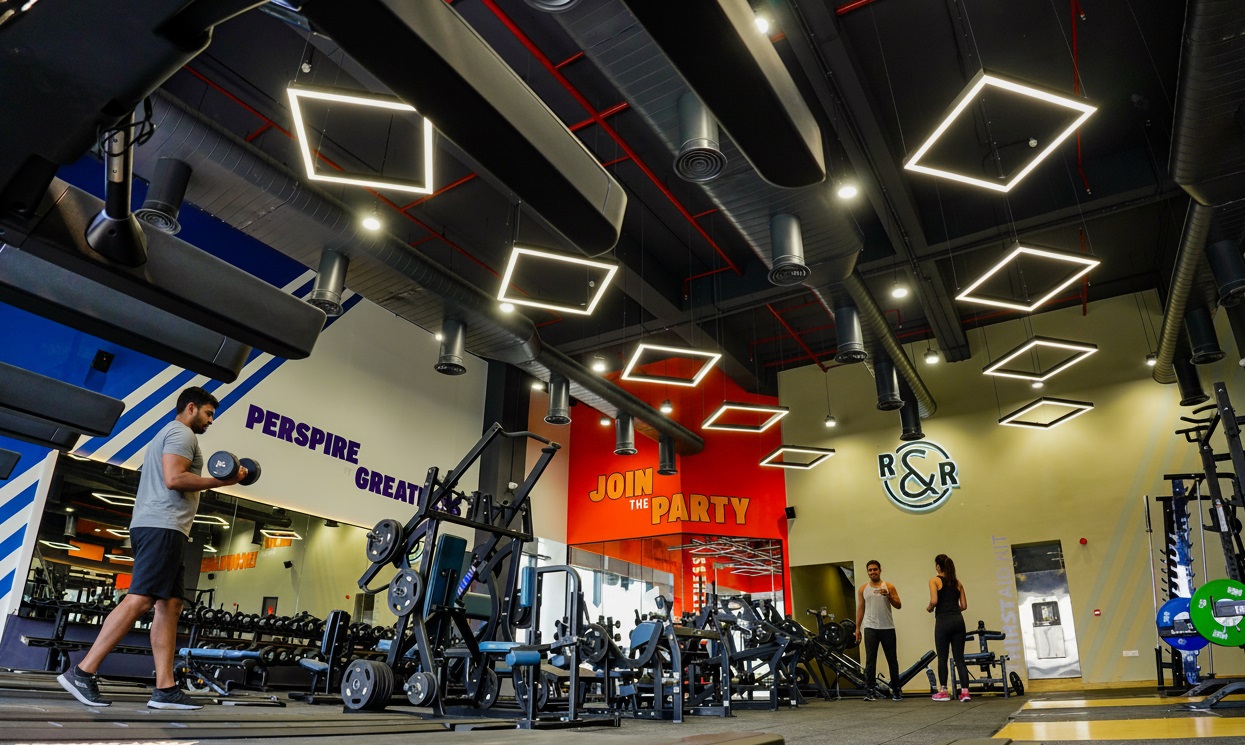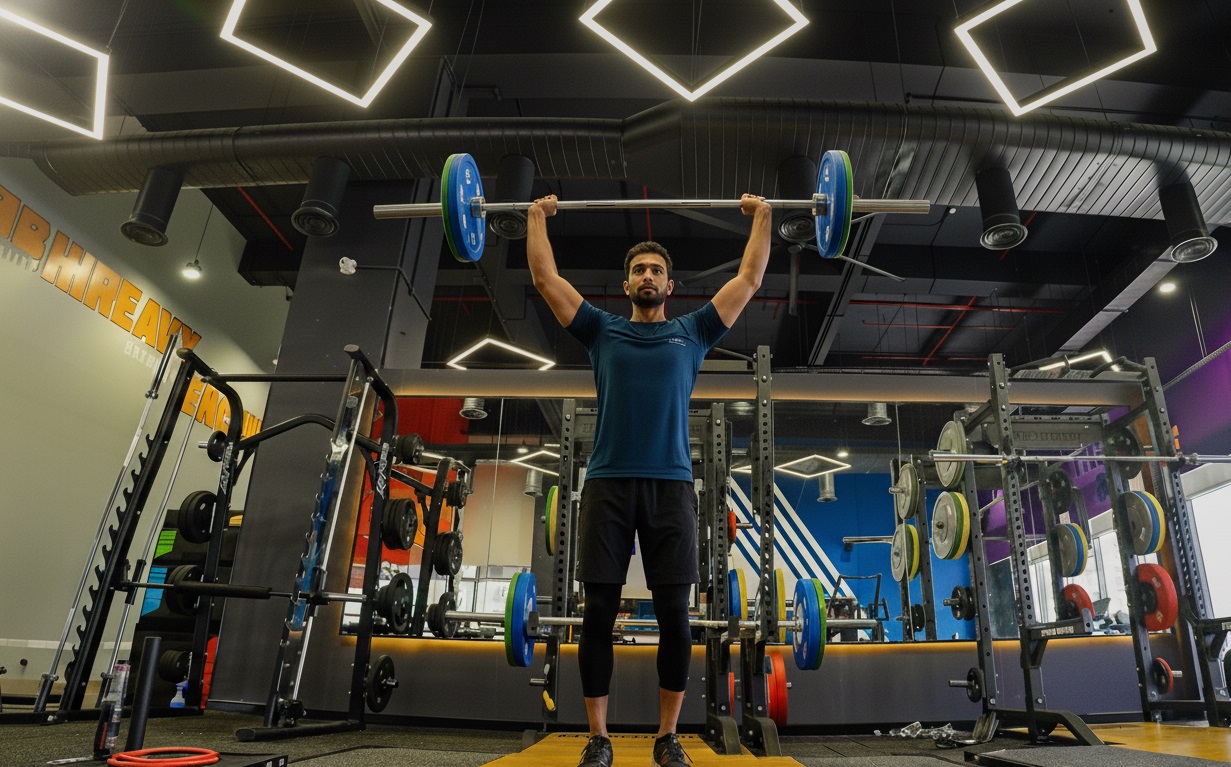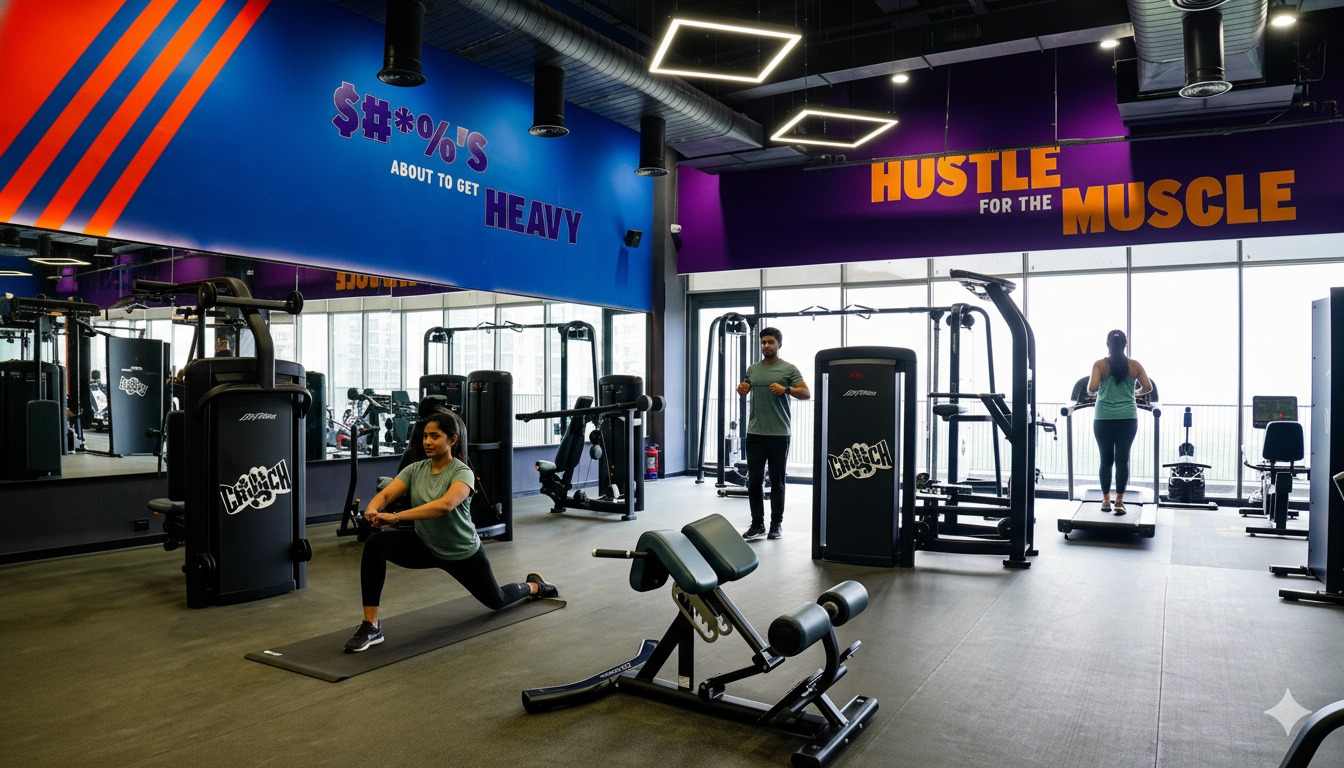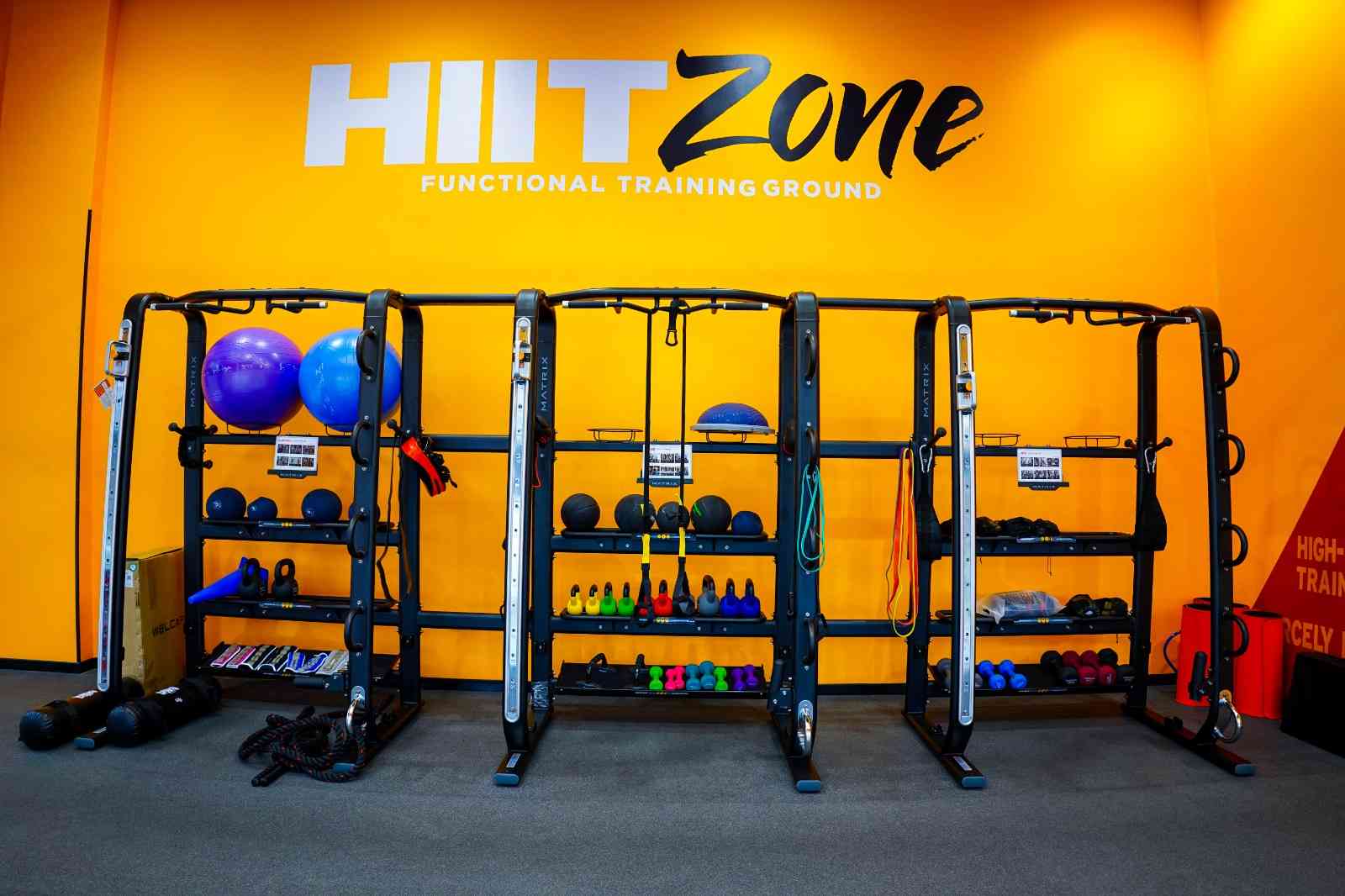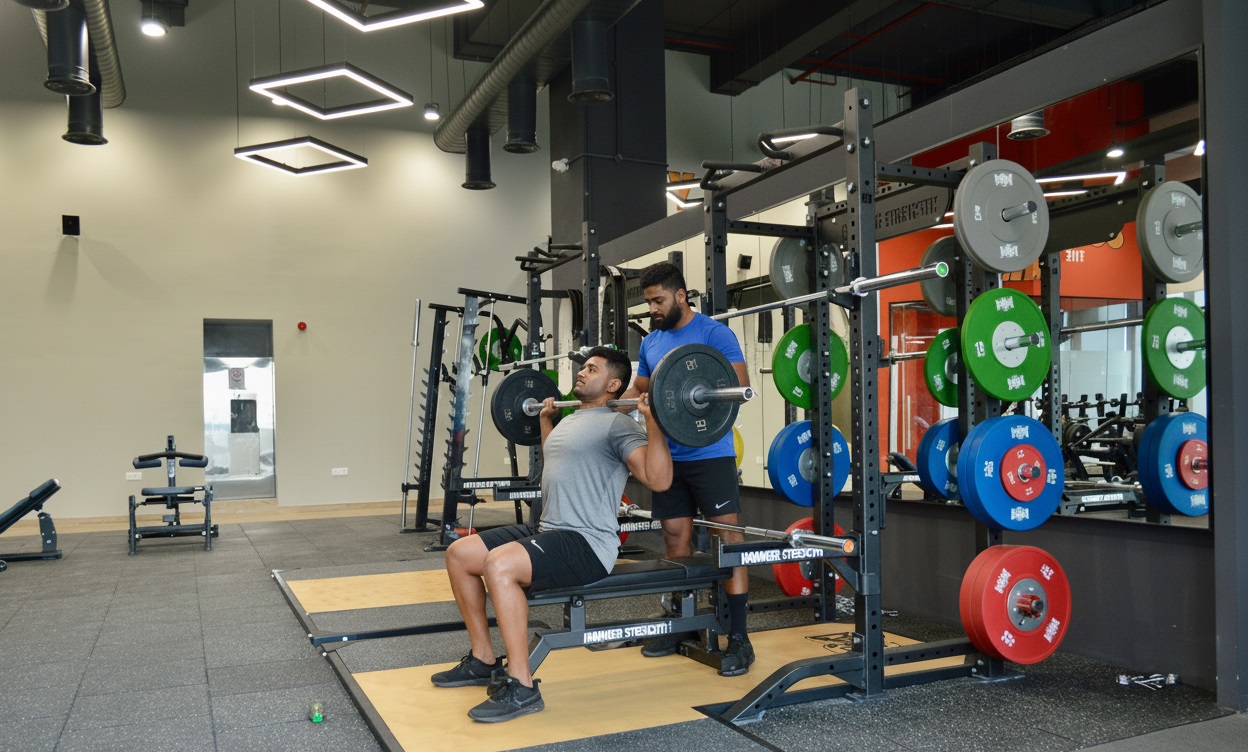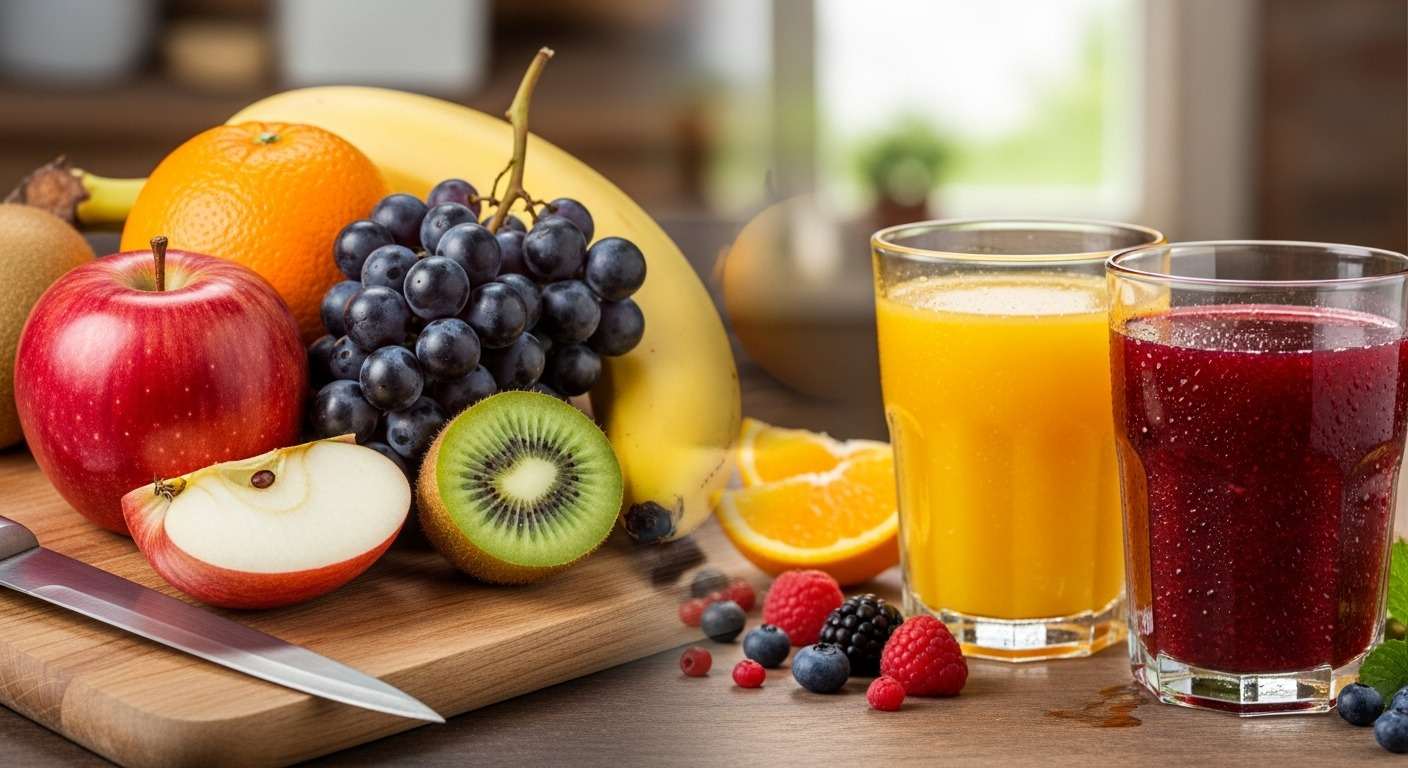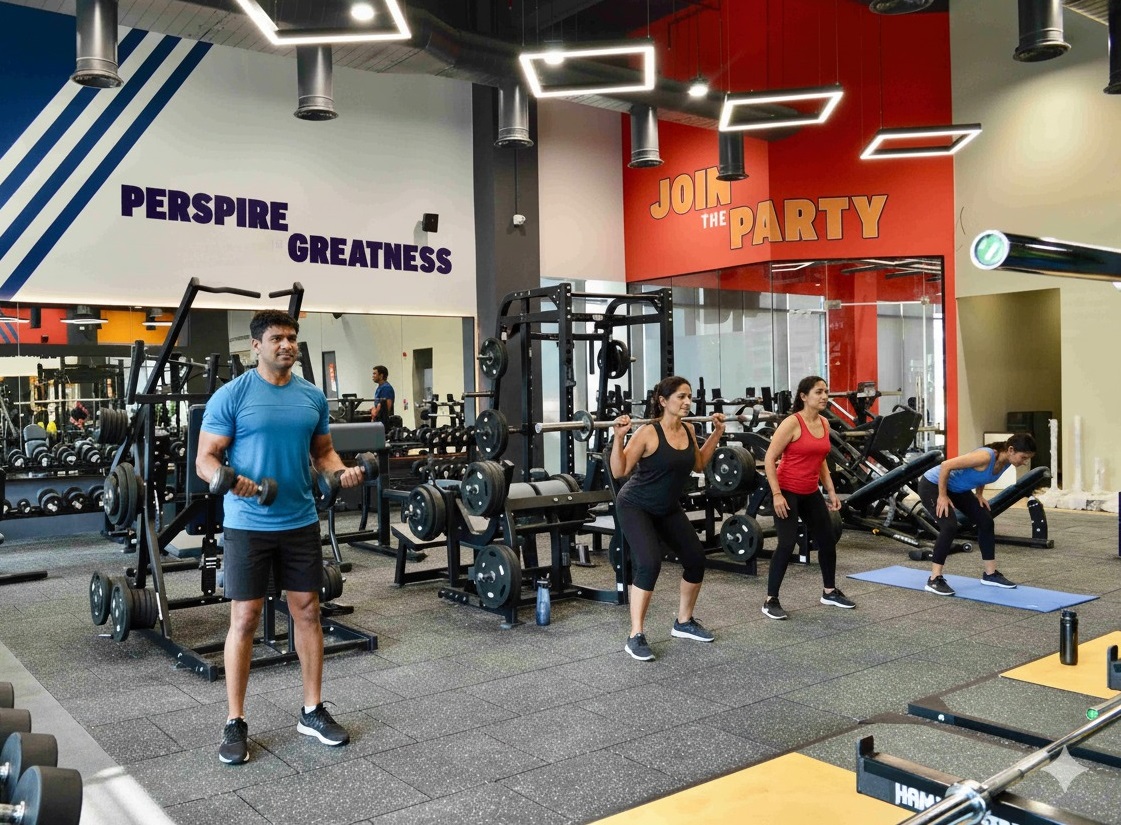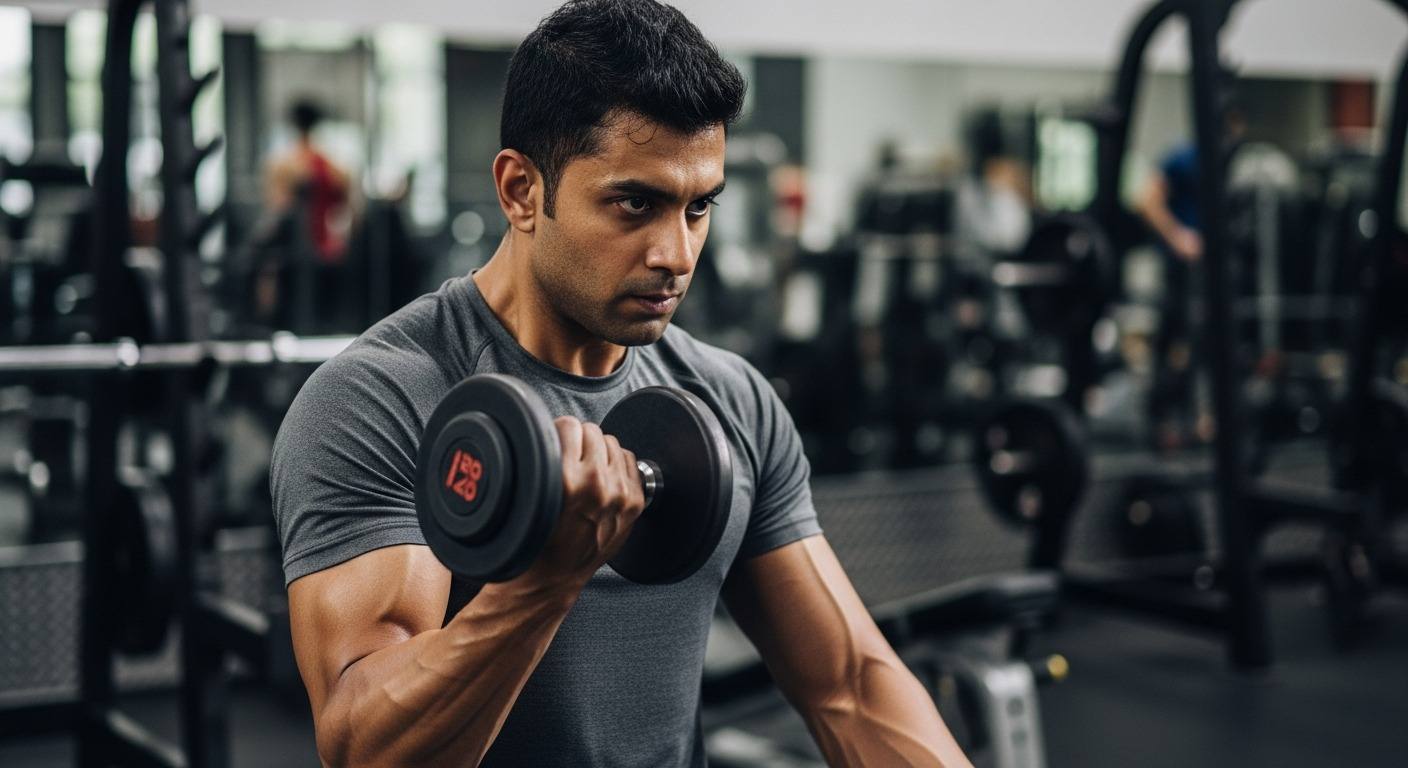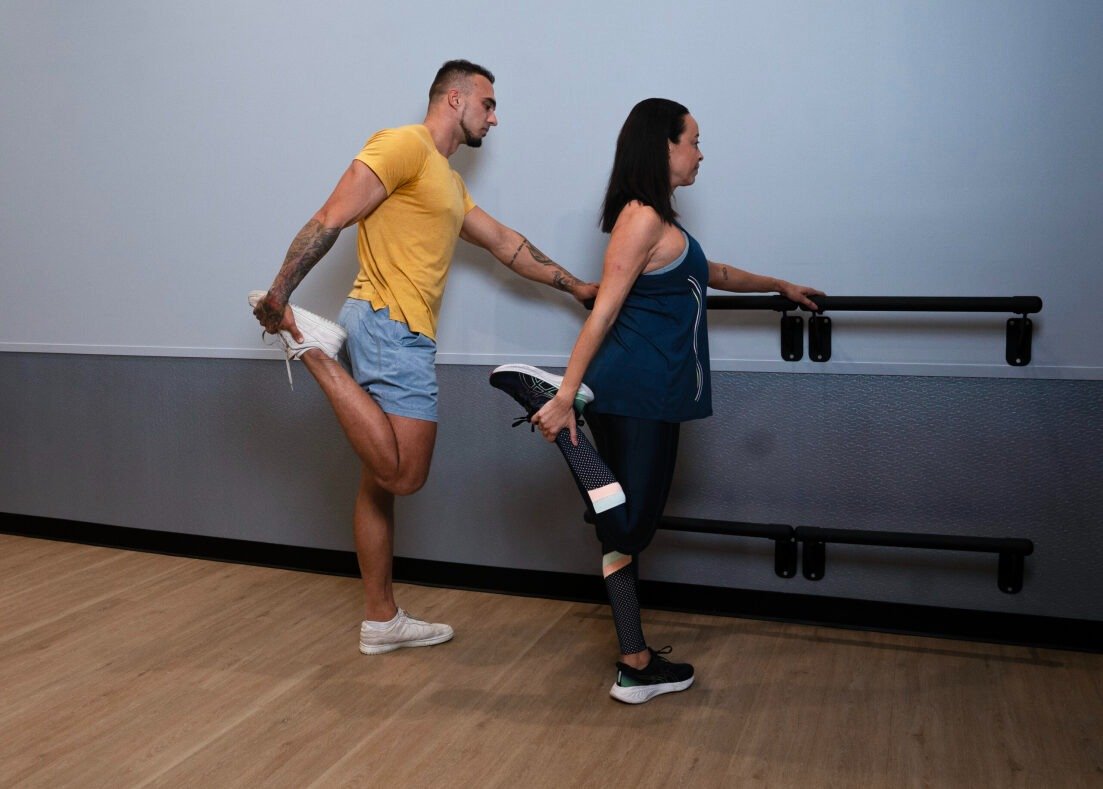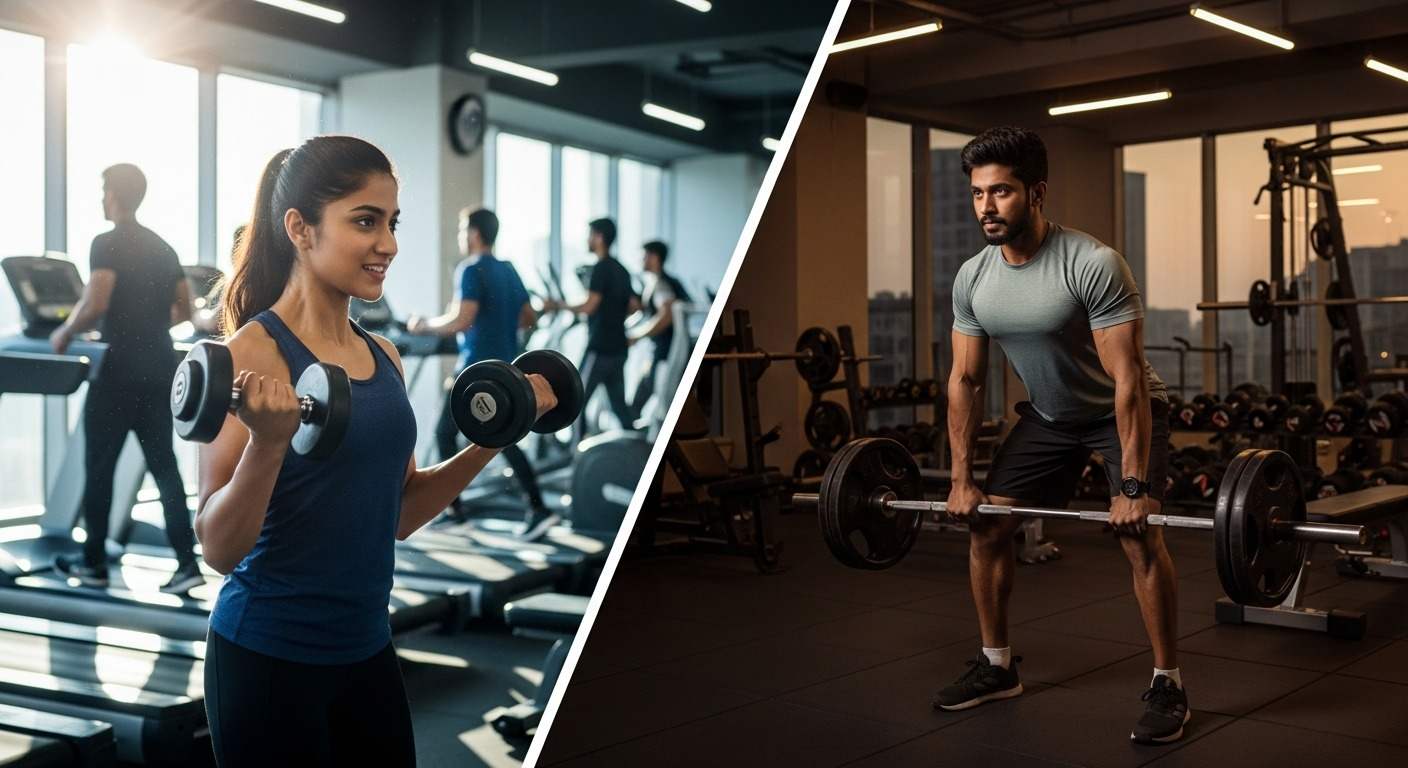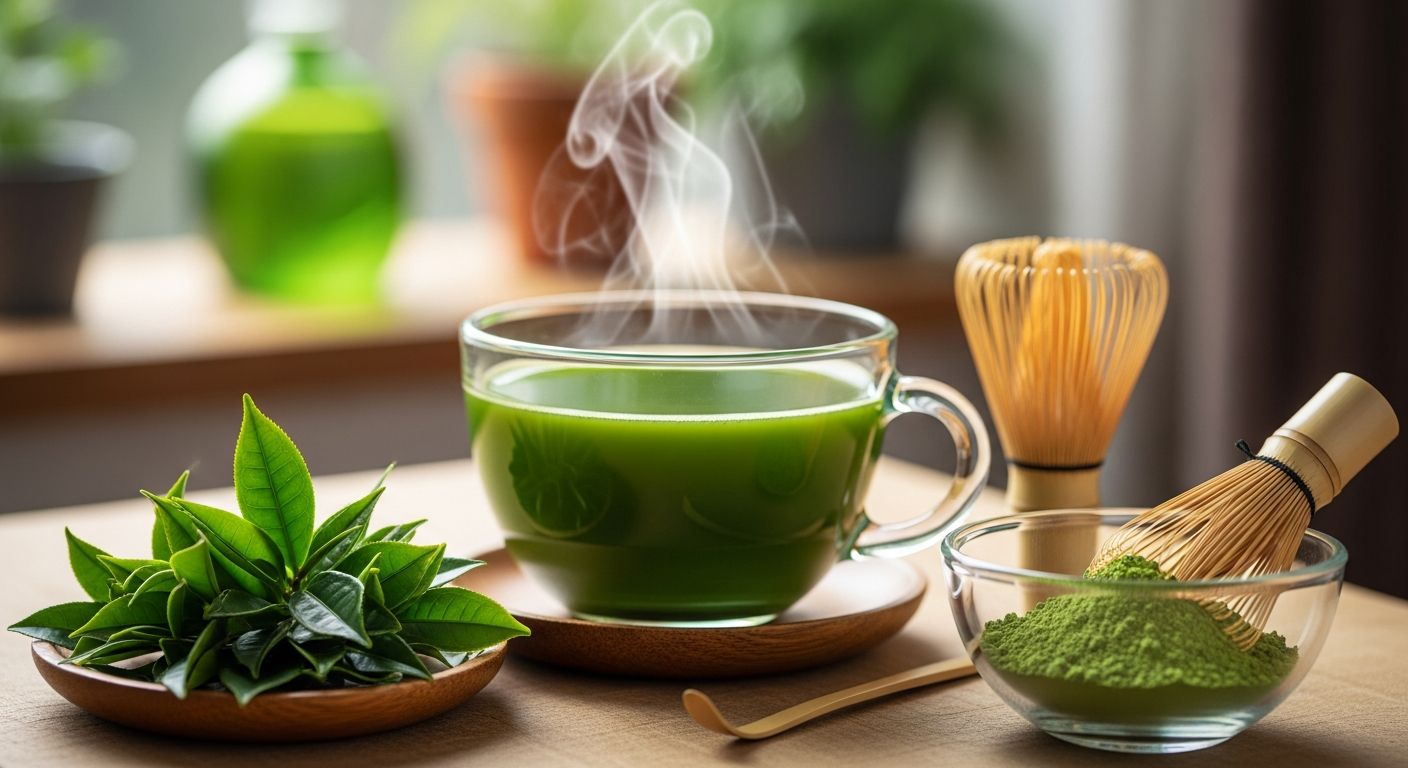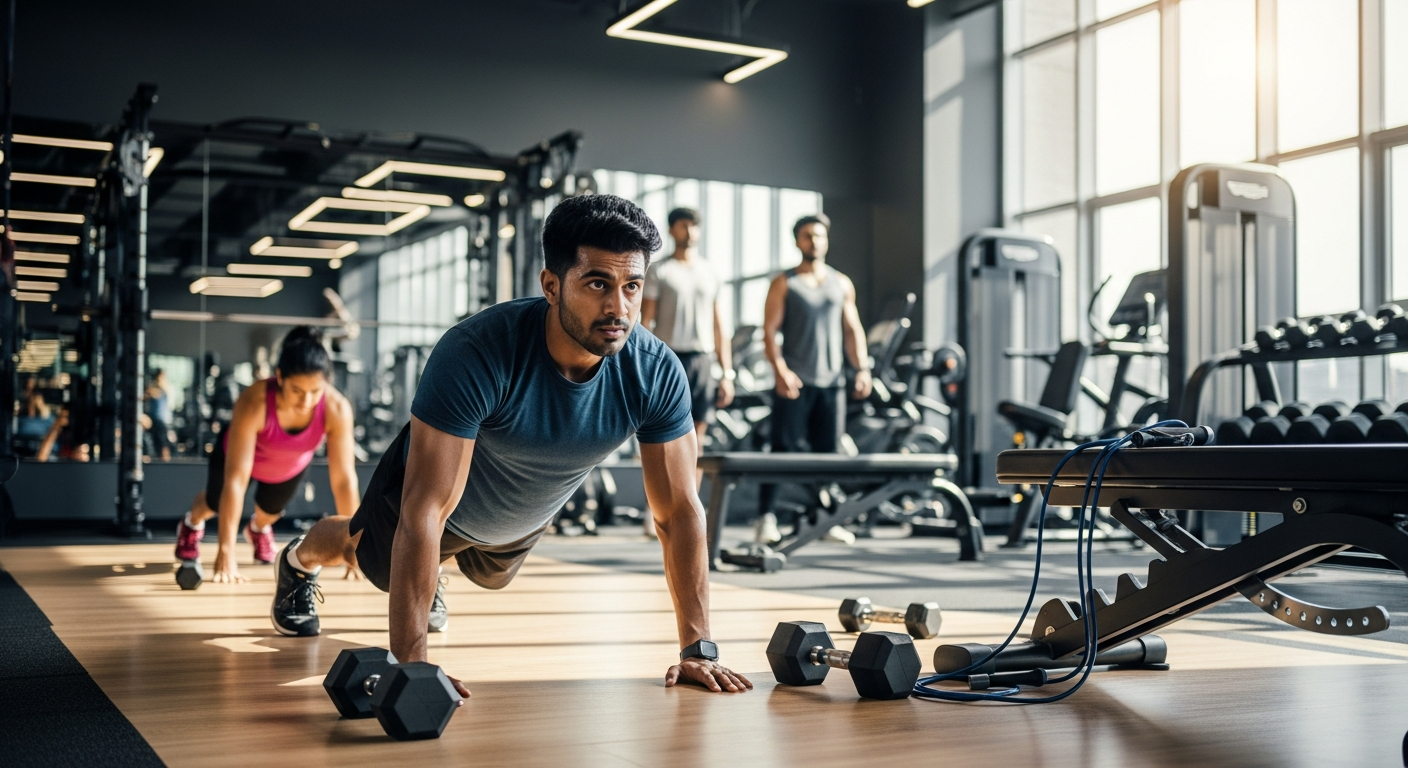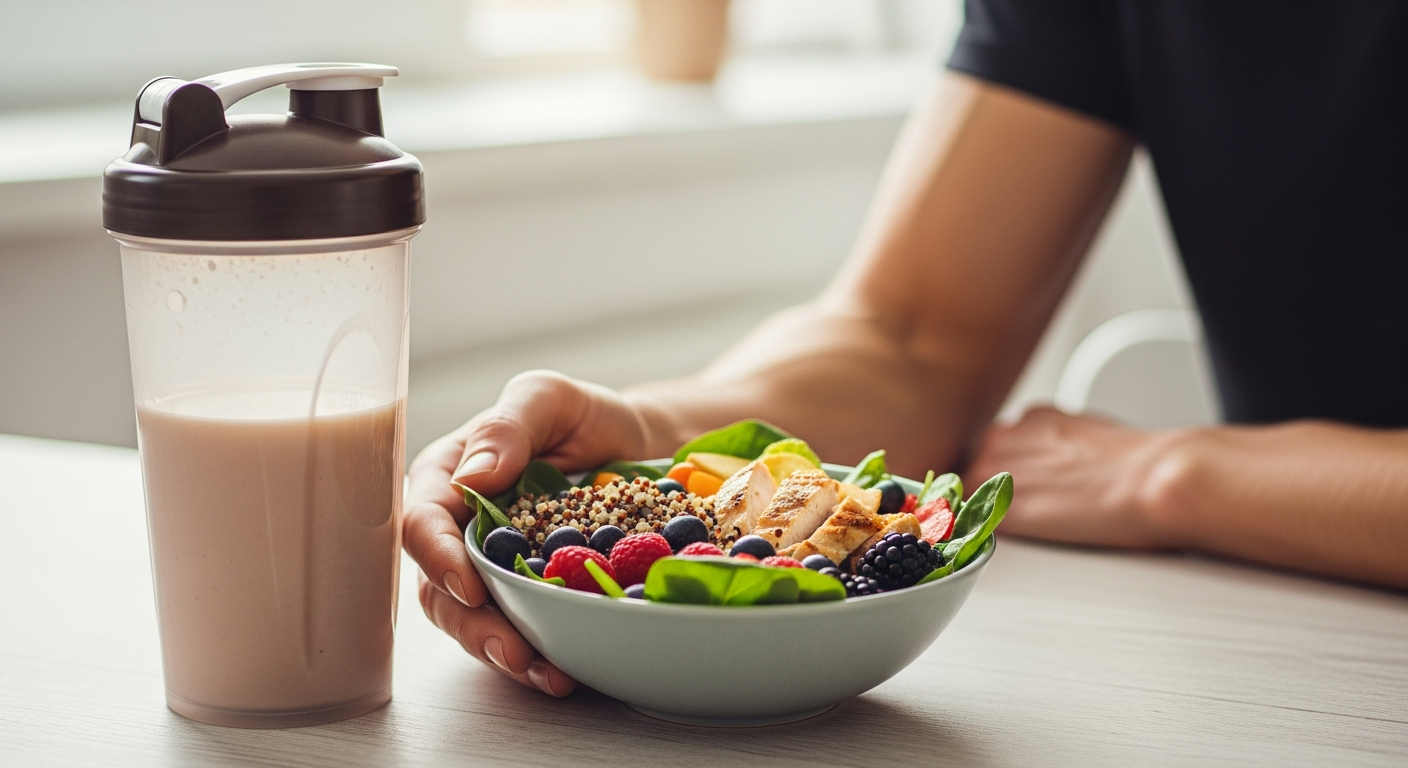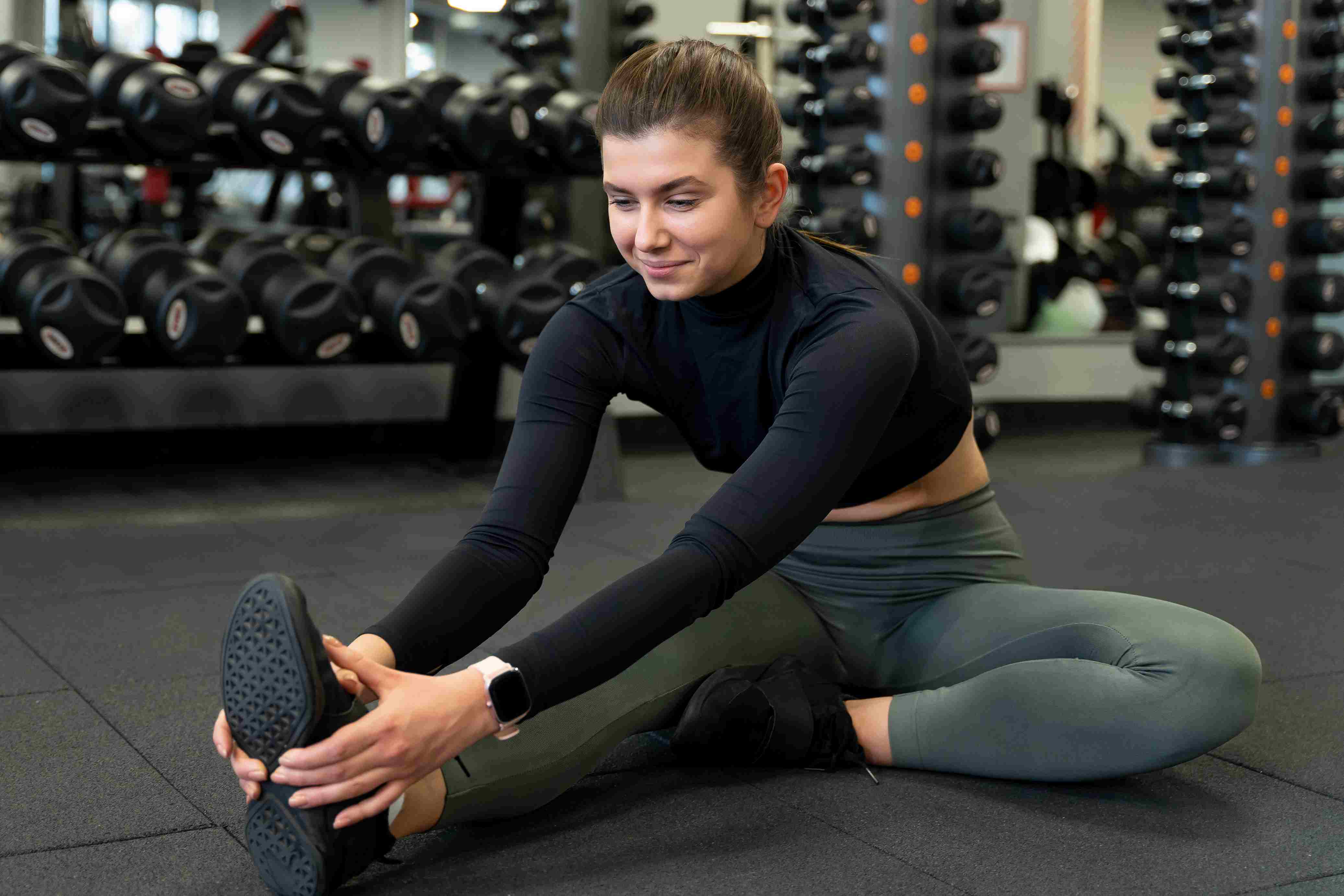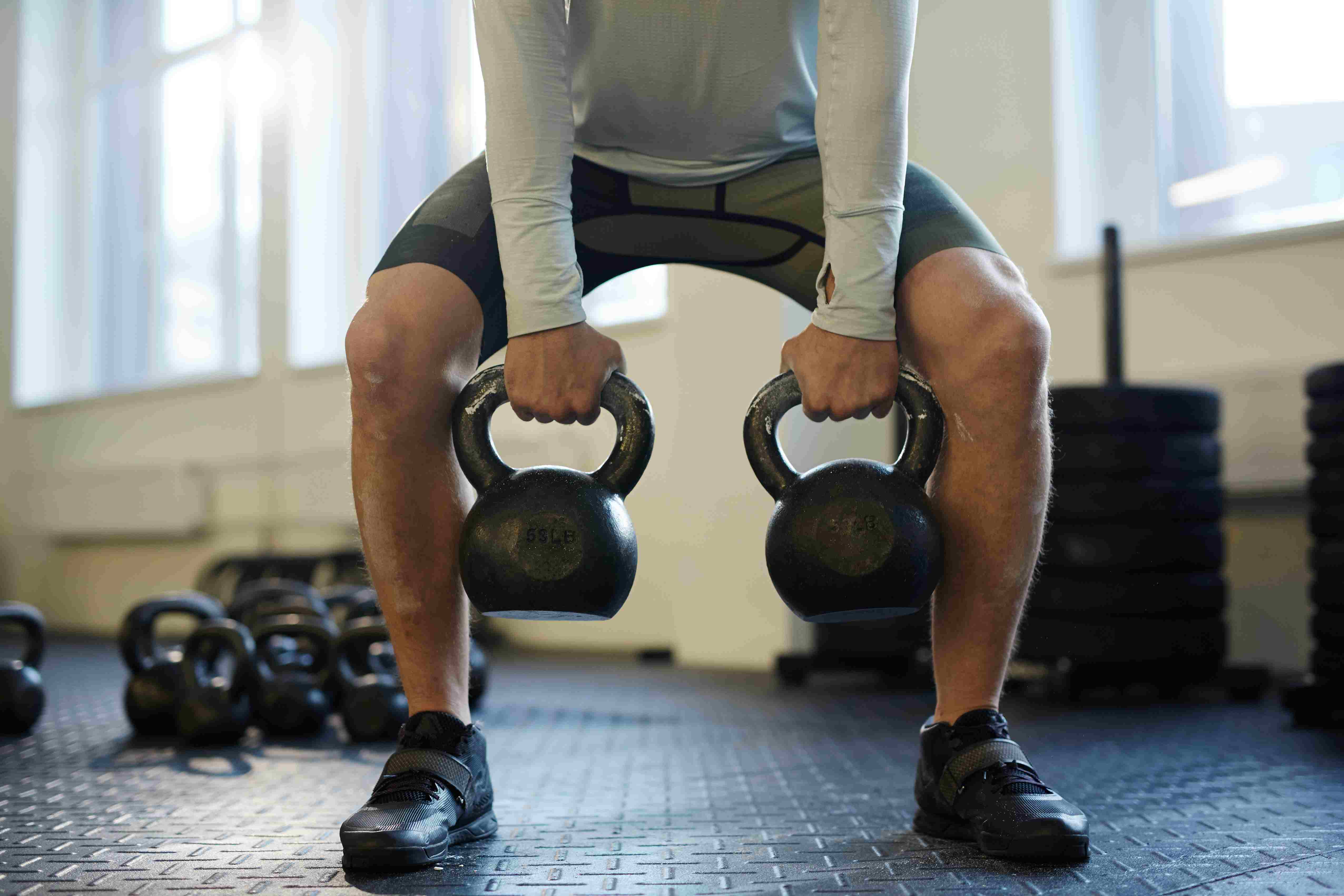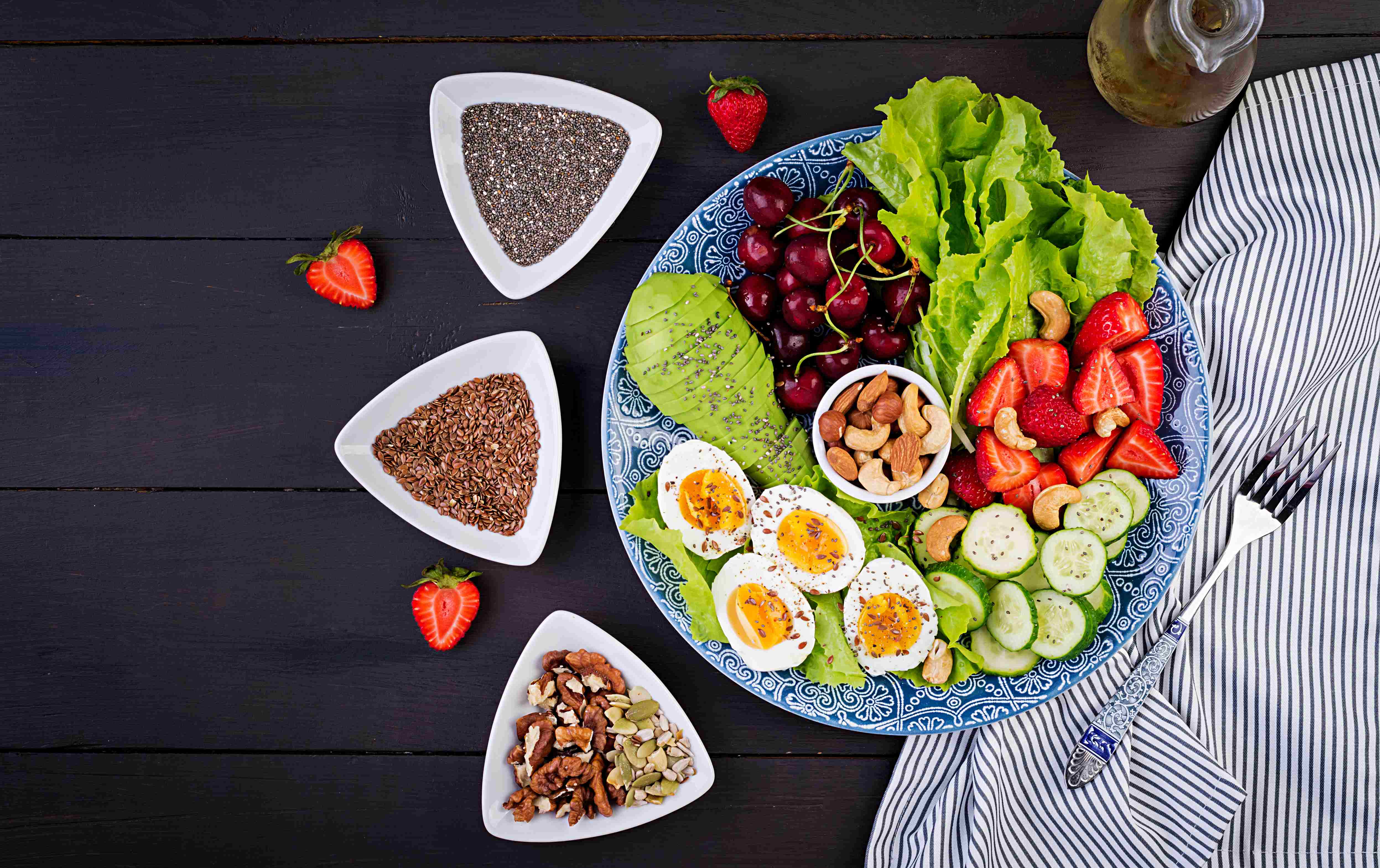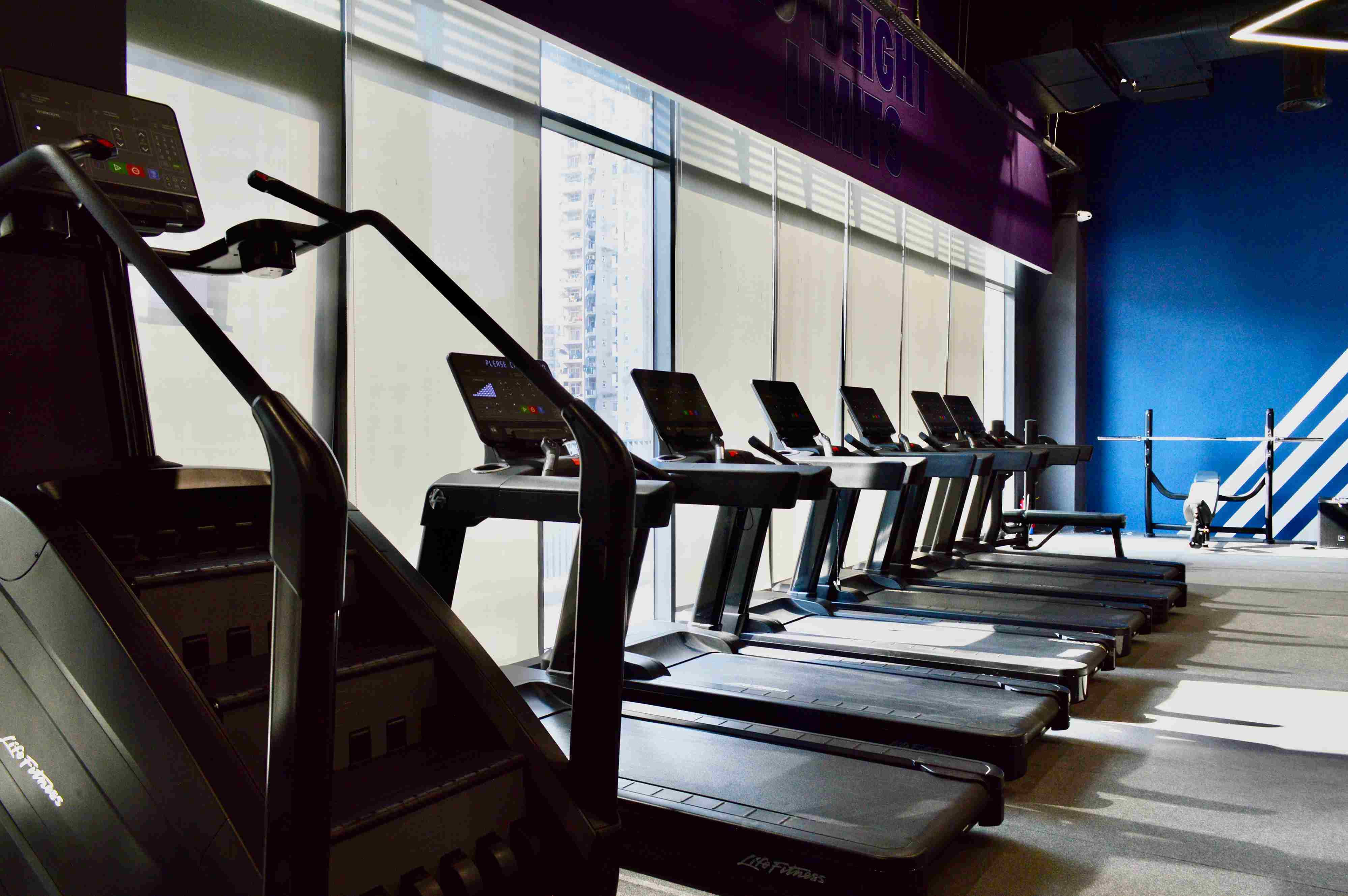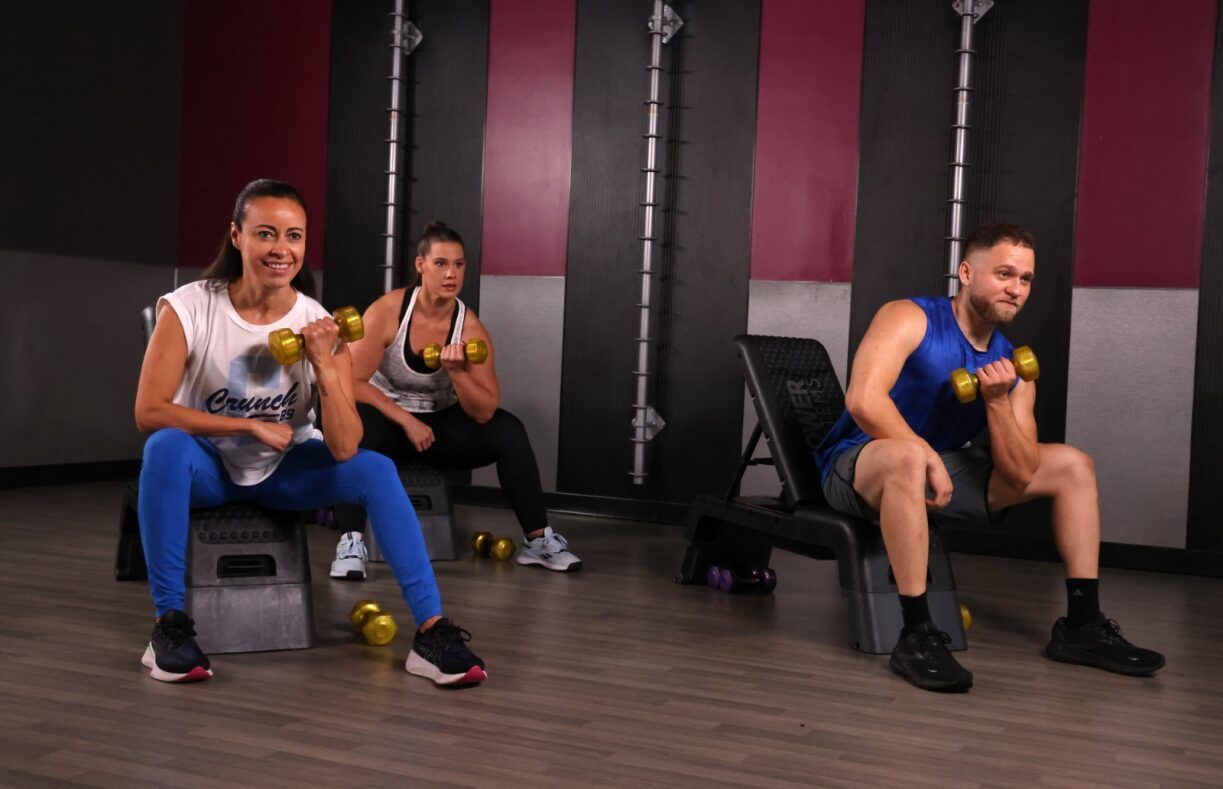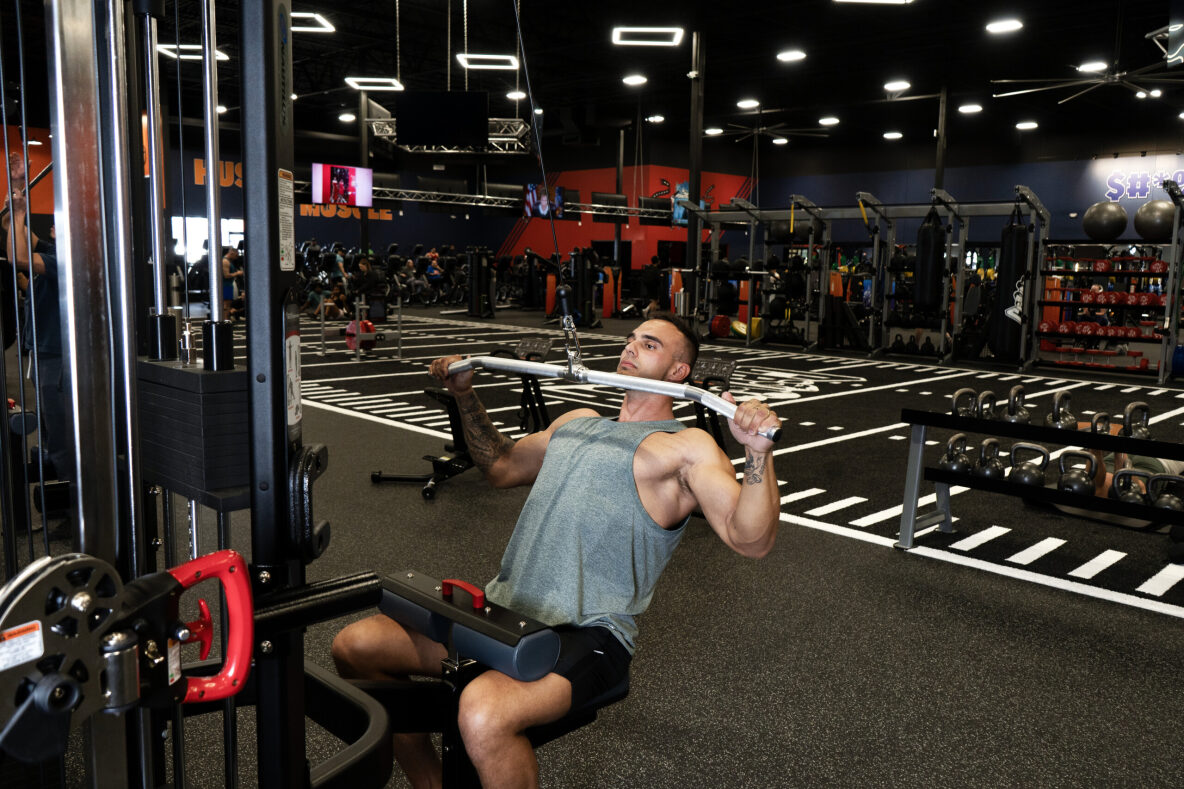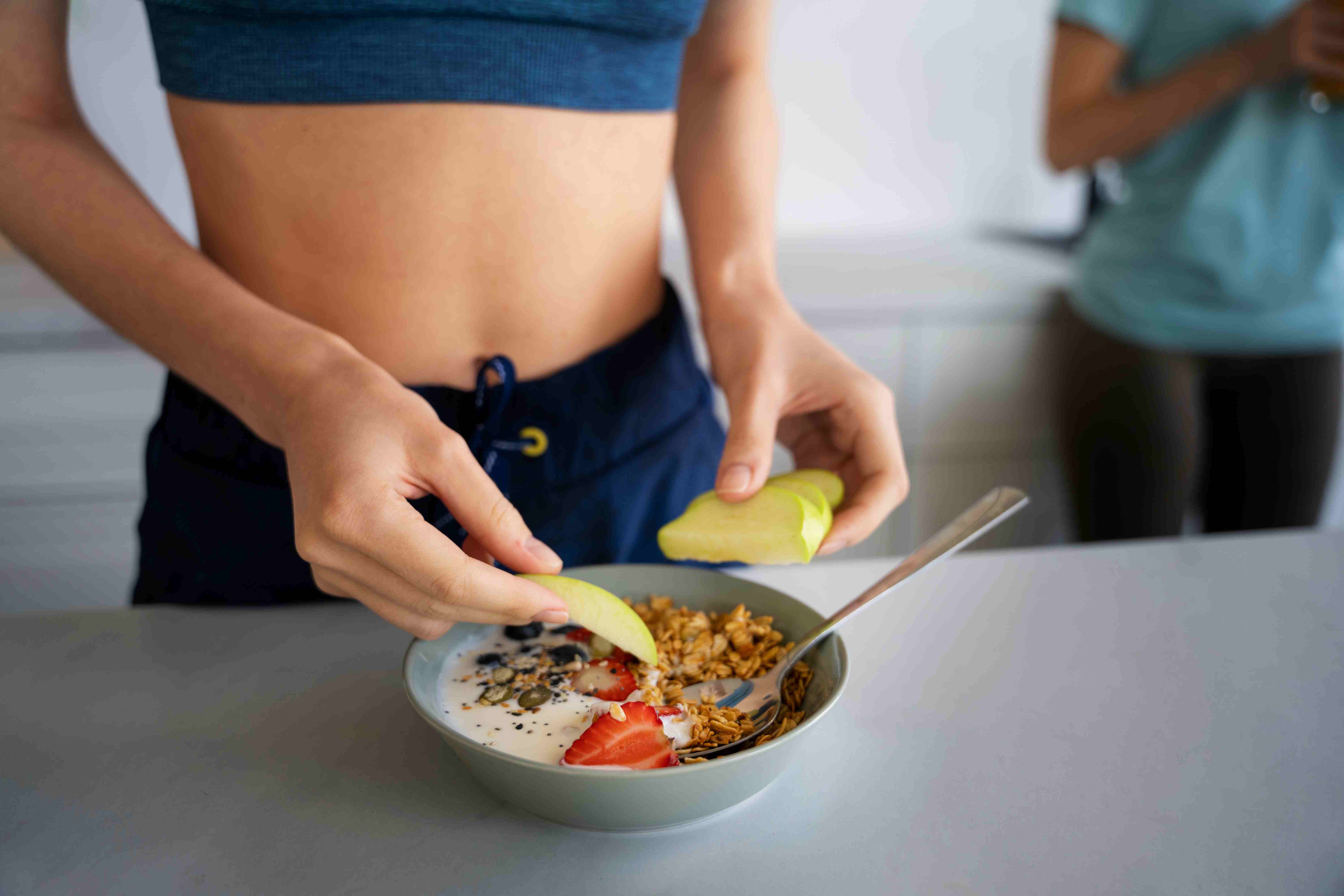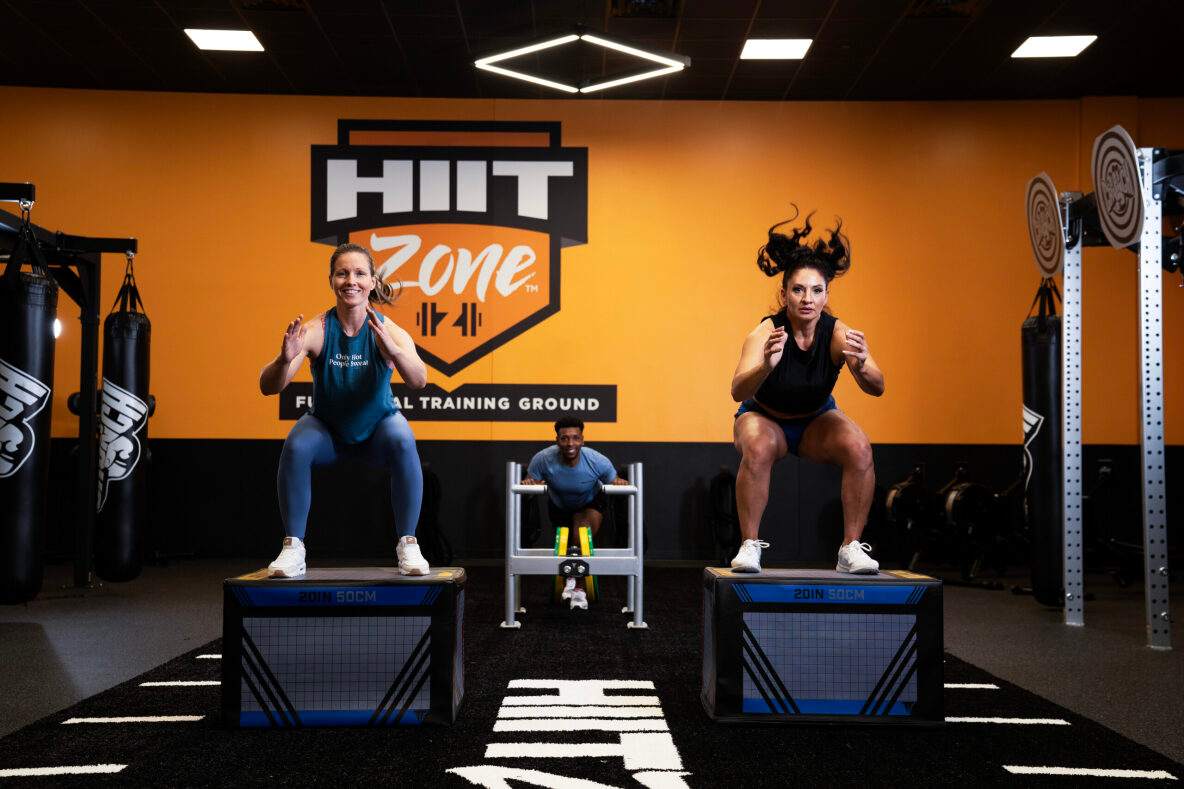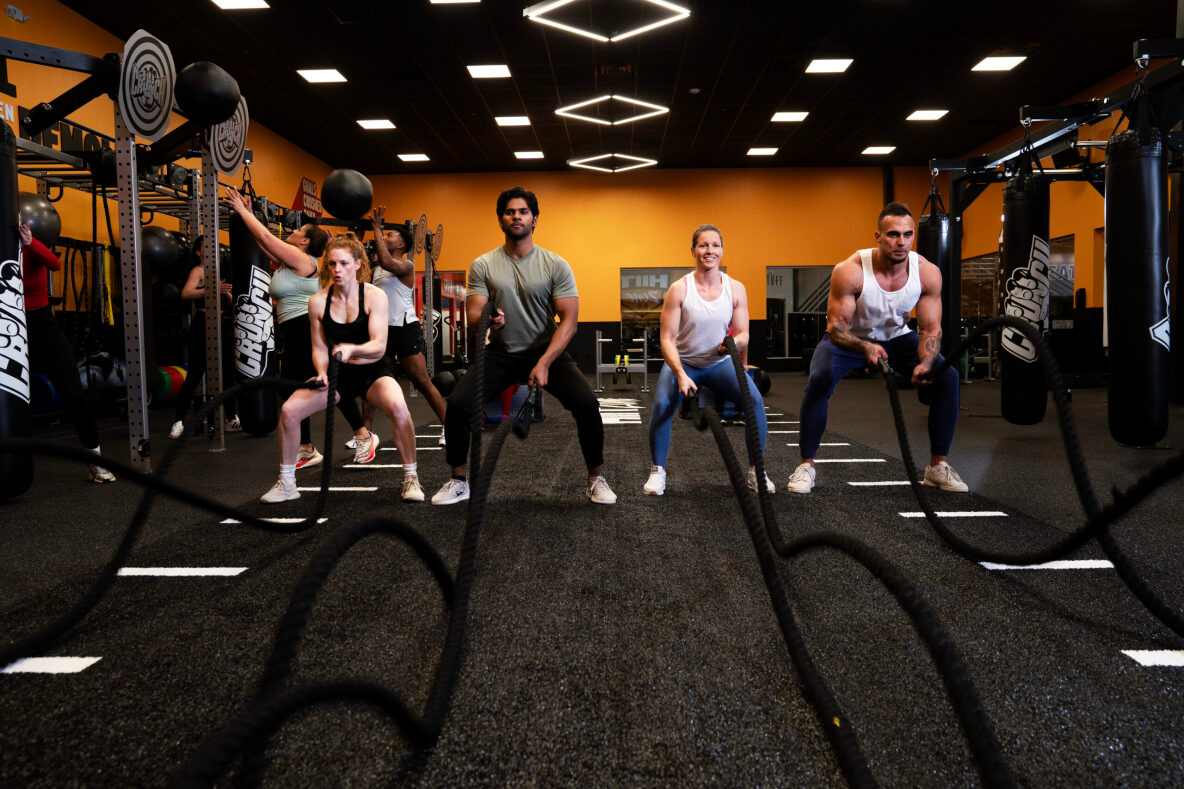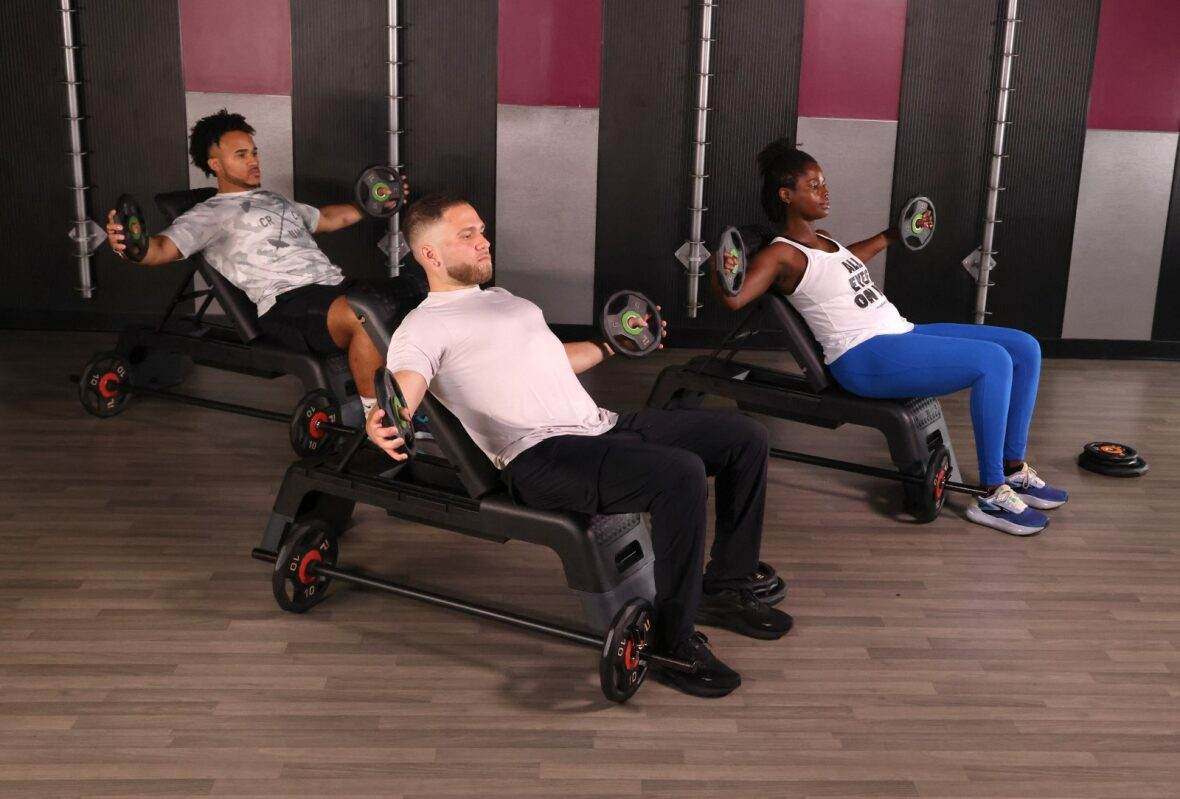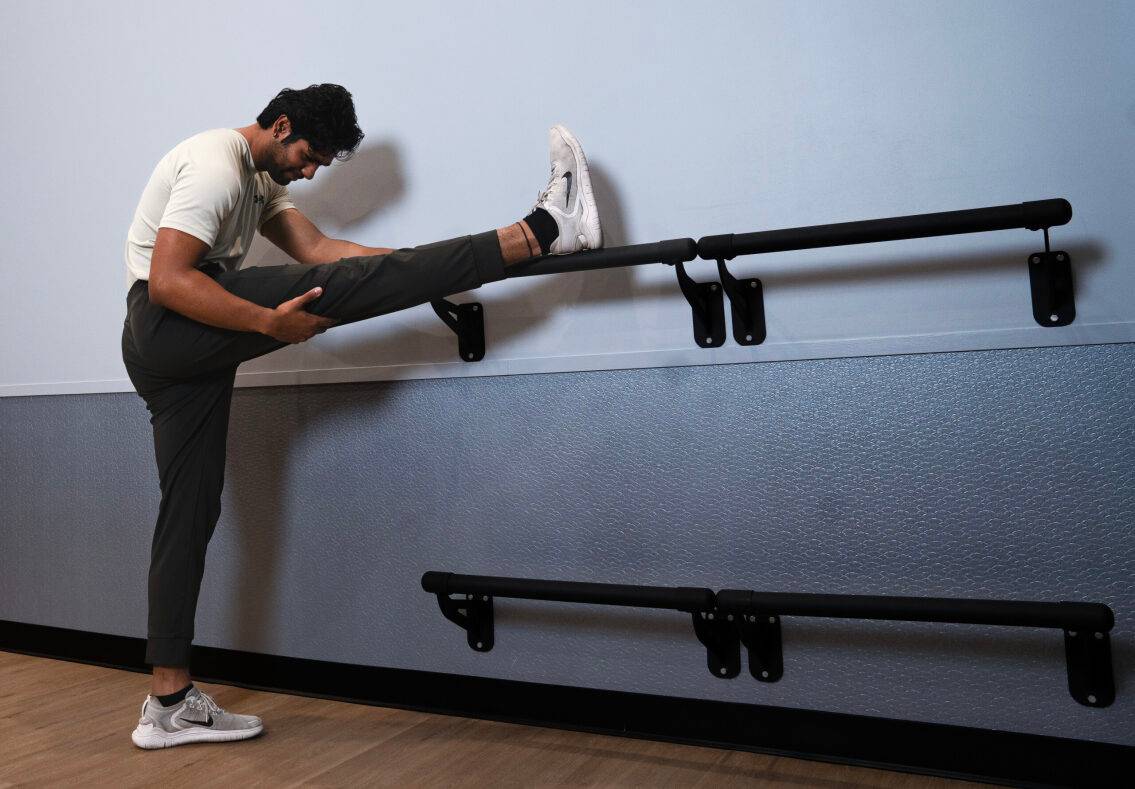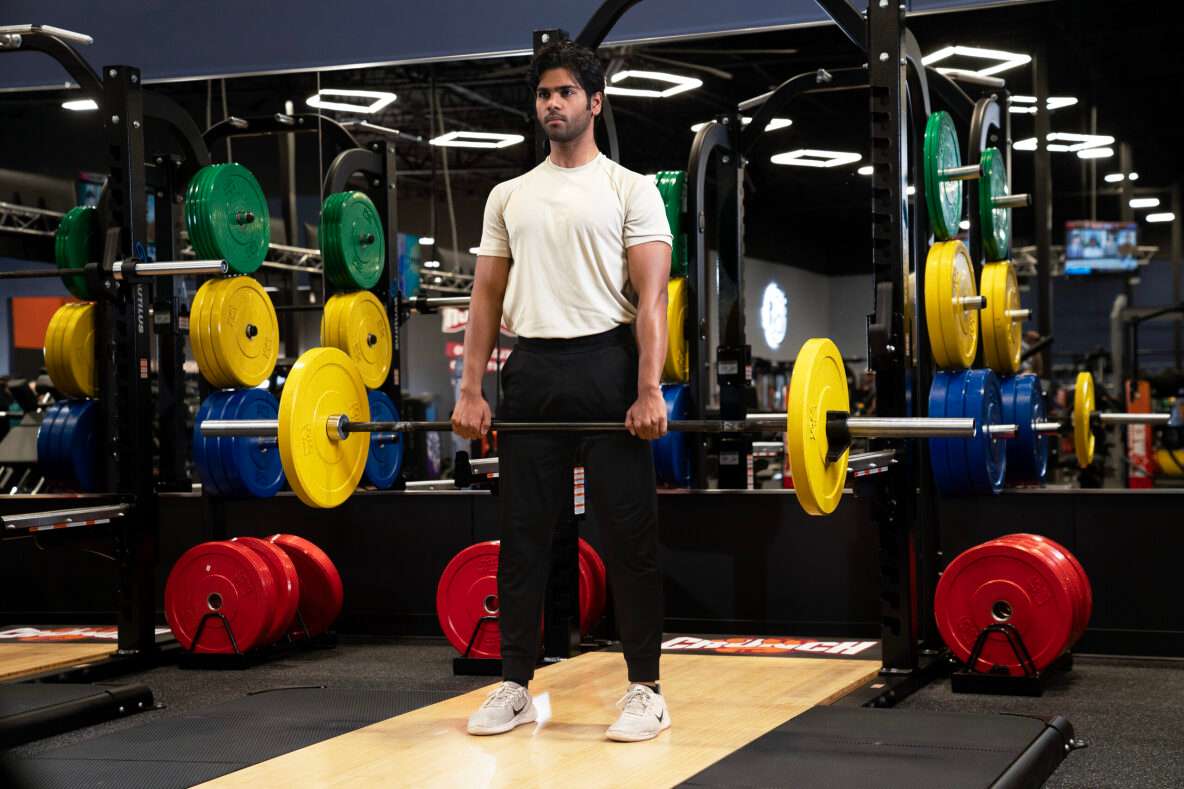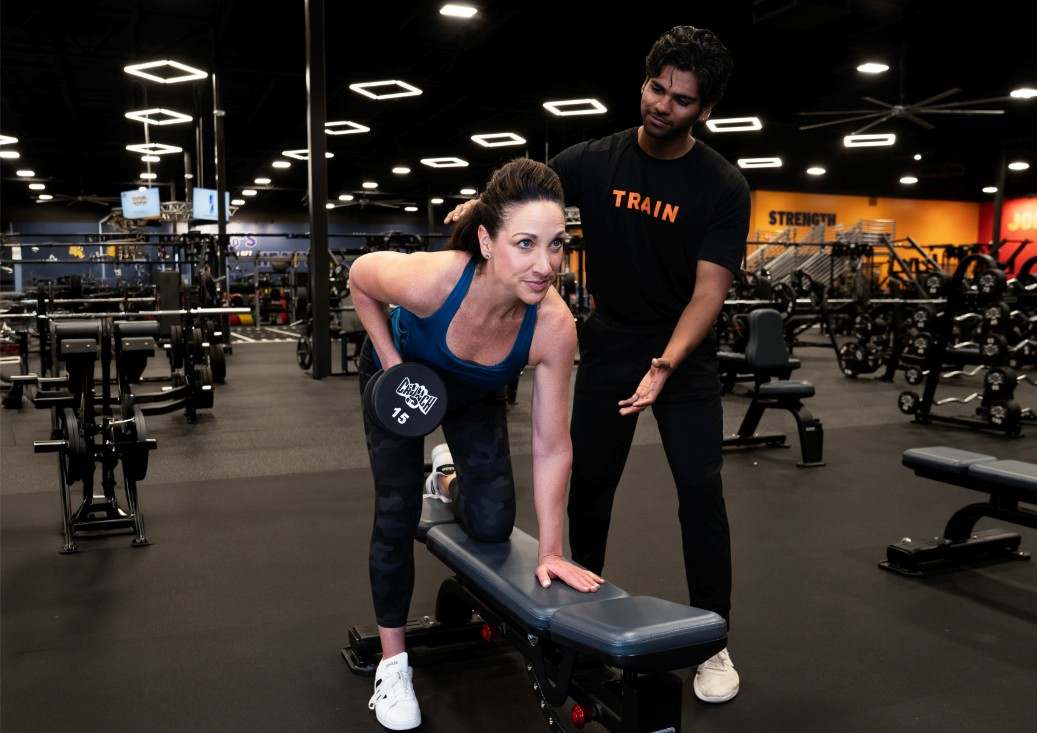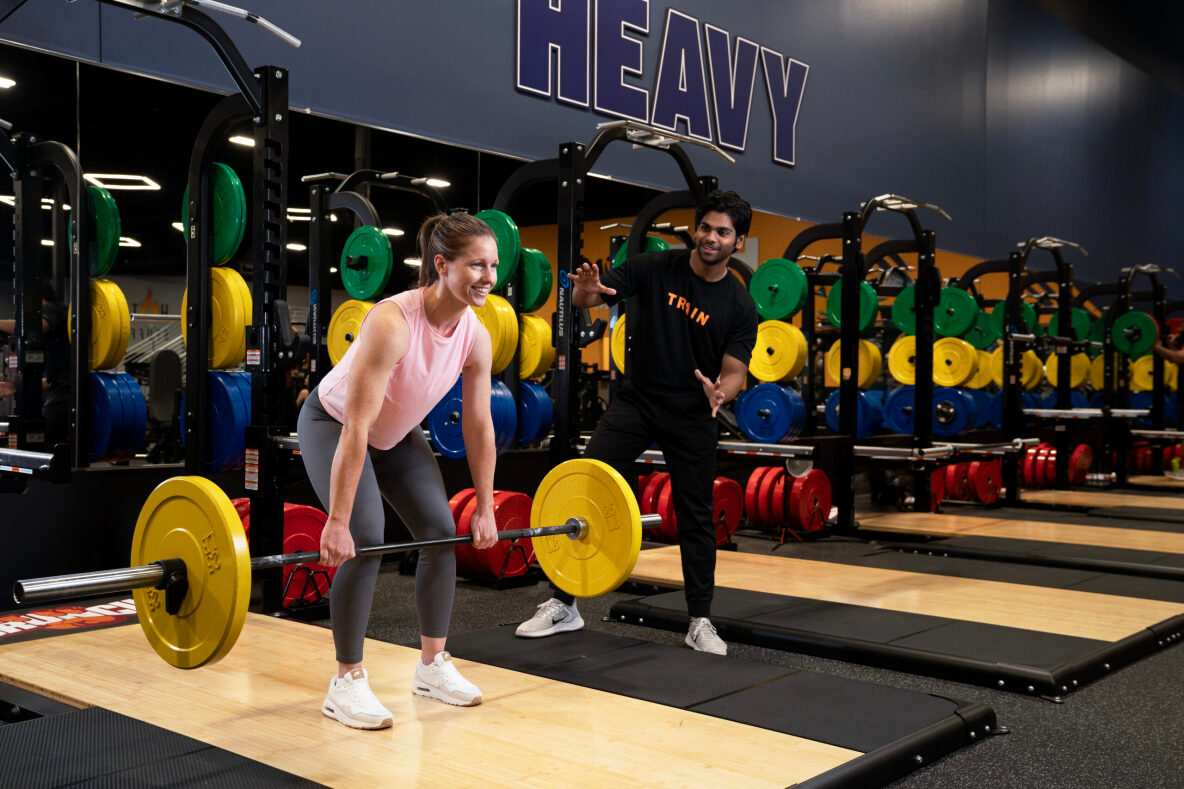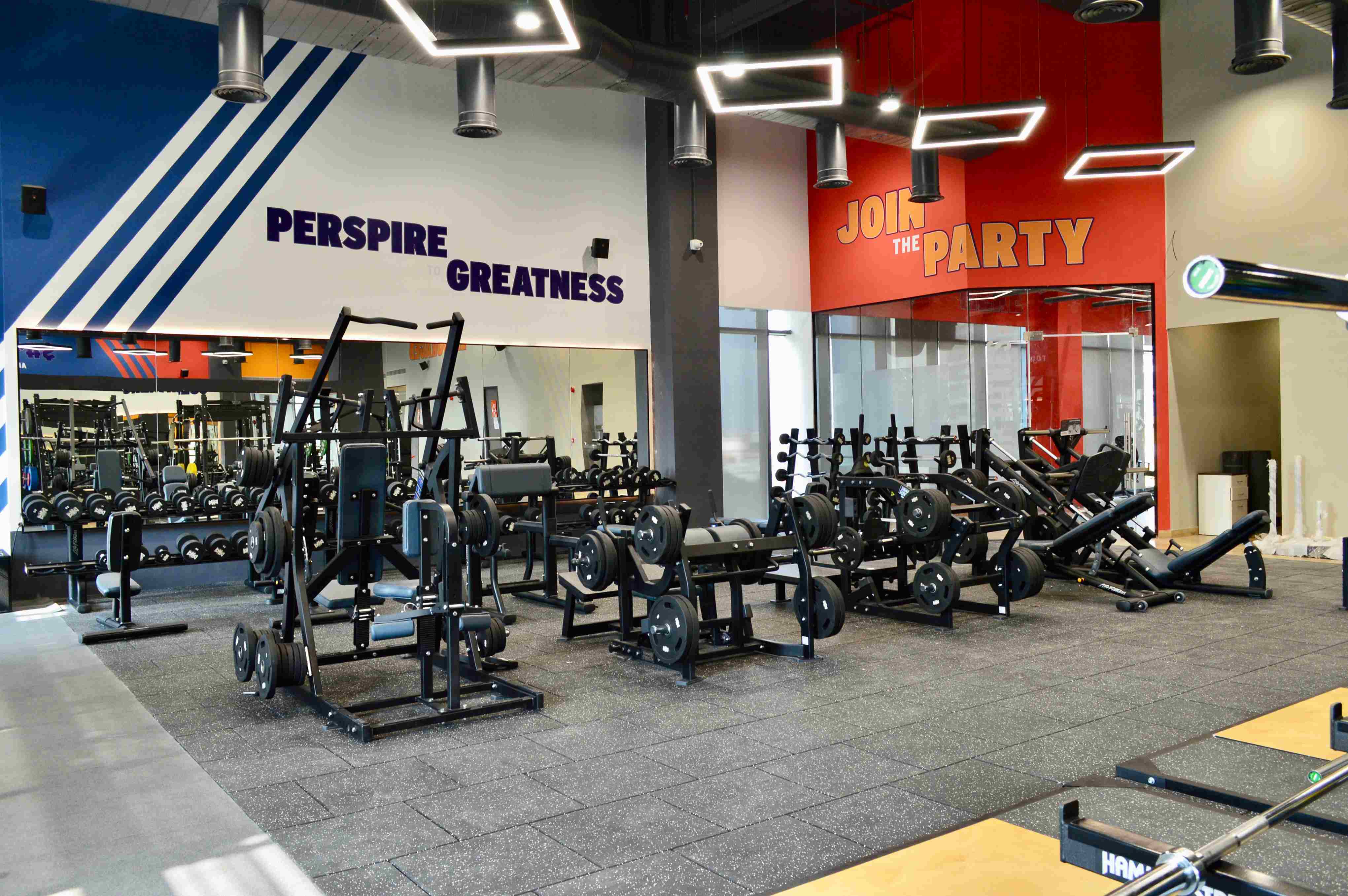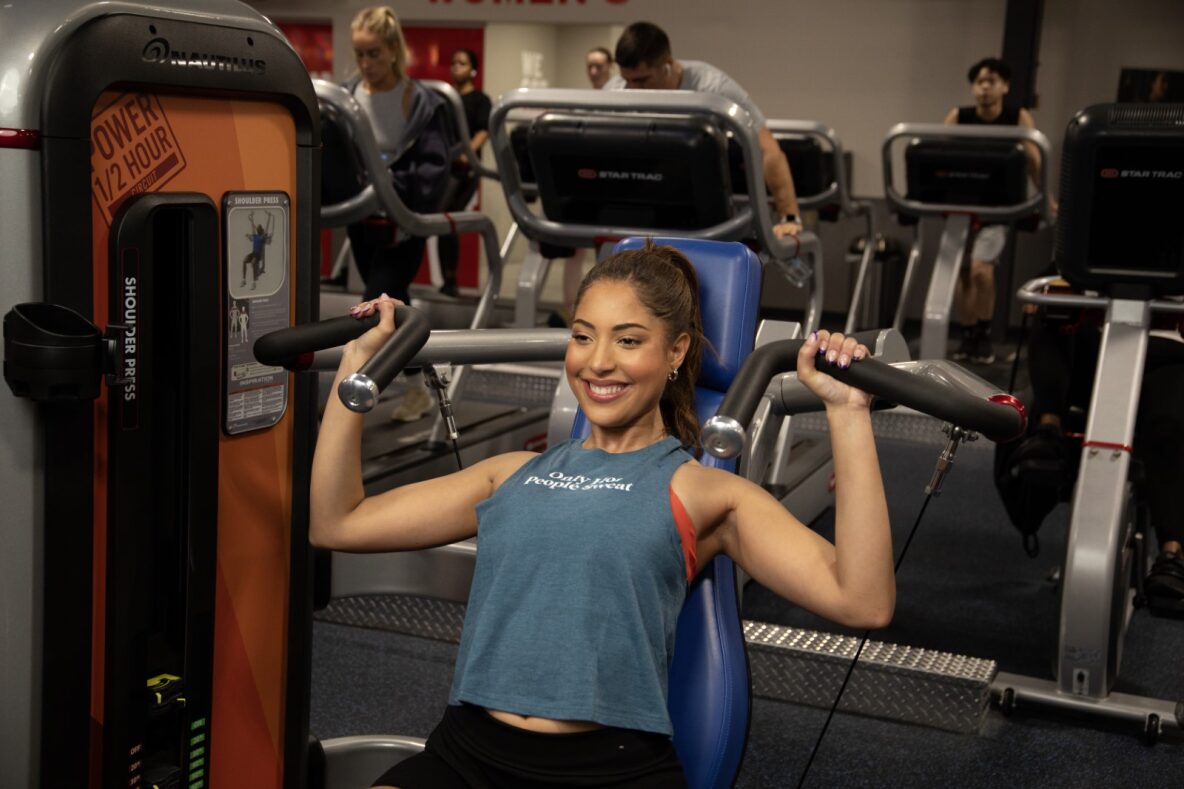Muscle recovery is also part of fitness, actually. Have you ever experienced such a thing that you are able to recall the time of the workout in your mind but it's not very nice? You did your training at the gym, sweated through all your reps, and left the gym with that satisfying burn.
However, it is normal that the next morning the condition of your body doesn't remind you of the fantastic workout you performed: heavy sore muscles, low energy, and stiffness that you can barely walk up stairs as if you are on the top of Mount Everest.
The recovery is not only rest and stretching; it is also a part of the process where the body is supplied with the required nutrients at the right time. In this blog, we’ll take a look at some of the best nutrition tips that aid muscle recovery.
Best Nutrition Tips For Muscle Recovery
First of all, why not go through some practical, scientific guidelines that will not only shorten the recovery period but also help you to eliminate muscle soreness and prepare you well for the next training session?
1. Pay Your Attention First to Protein - the Best Partner of Muscle Recovery
Protein needs to be considered as the group of workers that is responsible for rebuilding the affected muscles after you have overwhelmed them with your strength. During workouts, small injuries appear in the muscle fibers.
The next day after the workout, take 20-30 grams of high-quality protein within 30-60 minutes.
Some good ways to meet it are: barbecued chicken, fish or eggs, yogurt, cheese, whey protein shake or if you are a vegetarian, then lentils and tofu.
A moment of sharing the experience: to compare your muscles with bricks that have been scattered after a storm would be a story that can bring to mind the situation so vividly. Protein is the cement that binds the bricks together again but the strength of the bond is even more than before because it is not only rejoining, but also upgrading the bricks.
2. Carbohydrates: Refill Your Energy Tank
Look, after you hit the gym, your muscles are basically running on fumes. You have to think of them like a phone with 1% battery left. Carbs? That’s your charger. Stuff like brown rice, quinoa, oats, sweet potatoes: load up on those with your protein, don’t just sip on some sad chicken breast and call it a day.
Honestly, if you’re itching to bounce back fast, just chuck some bananas or a fistful of berries into the mix. They work freaky-fast.
And if you want to eat like you’ve actually put some thought into it: slap some grilled salmon on a plate, pile up the quinoa, chuck a bunch of roasted veggies on there—chef’s kiss. Or, if you’re lazy, blend up a smoothie with whey, banana, and oats. And there you go, recovery on lock.
3. Hydration: The Unsung Recovery Hero
Sweat is not just water—it is the electrolytes like sodium, potassium, and magnesium that are leaving your body. Honestly, not drinking enough water? Classic rookie move. So many athletes blow it on hydration.
Lost a pound of sweat? Don't just stare at the puddle, chug a good two or three cups of water for each pound you sweated out. And if you went full beast mode and your shirt’s see-through? Time to upgrade: coconut water, electrolyte drinks, heck, even a pinch of fancy Himalayan salt in your water does the trick.
Here’s the thing: muscles are like stubborn toddlers—they just won’t do their job if they’re parched. No water, no repairing, no gains. Hydration is basically for your body’s recovery boost. You wouldn’t run a car without oil, right? So don’t leave your muscles hanging dry.
4. Don’t Forget Healthy Fats
Fat is often neglected in recovery meals, but it is a necessary part of the process as it helps to lower the inflammation which is the main issue in the case of the joints.
Coat your salad with olive oil, snack on a handful of nuts, add half an avocado to your smoothie, or simply have fatty fish like salmon on your plate.
Just don’t eat too much fat right after your workout, as fats can slow the digestion process, and that is not suitable when you need quick nutrient absorption.
Healthy fats are the impromptu mechanics who come and fix the inflammation problem so that the muscles are not sore for a long time.
5. Micronutrients Matter Too
People are so caught up with the concept of macros that they totally forget about micronutrients, which are the silent directors in the whole production of muscle recovery.
Muscle cramps become less frequent if magnesium is regularly consumed. It is found in spinach, almonds, and pumpkin seeds.
Vitamin C (oranges, bell peppers) is a helper of collagen production for tendons which are made of collagen.
Vitamin D & Calcium (milk, eggs, yogurts, fortified cereals, and exposure to the sun) are needed to make the bones stronger.
Micronutrients are to the body as screws are to a piece of furniture—small, yet the whole thing falls apart without them.
6. Time Your Meals Smartly
“Anabolic window” is a term that has been the subject of controversy, but it is still true that the timing of the meal is important. Your body post-exercise is essentially a metabolic breakdown but with eating, it is practically a repair one.
Try to have a harmonious meal within 2 hours after exercising.
In the case of night training, a protein snack before sleep (like cottage cheese or a casein shake) is also good for the recovery phase during the night.
7. Recovery Snacks to Keep Handy
There are times when you do not feel like having a complete meal after your training and that is fine. However, you must have some easy snacks at hand.
Protein smoothie with banana & almond butter
Hard-boiled eggs with whole-grain toast
Greek yogurt with berries and granola
A handful of nuts with a fruit
You can be sure that the opportunity to recover is not going to pass you by with only water and a promise to eat later if you are prepared.
8. Listen to Your Body
Is your body sore all the time? Lack of protein or total calories might be the cause.
Feeling weak after your workouts? You should raise your carb intake.
Getting cramps often? What about your electrolyte and water levels?
The recovery nutrition that you need should be more of a conversation with your body rather than a list of rules.
Also Read: List Of Pre-Workout Meals: What To Eat For Maximum Energy
Conclusion
Muscle recovery is not all about pampering; it's about the next step in the chain of training. Every time you fuel your body after the session, you are not only mitigating the pain; you are also paving the way for the next time you can perform better.
That is the moment when food becomes your silent saviour. It may seem somewhat contradictory that exercise is the reason for the breakdown of your muscles, but the food you consume after your training is what rebuilds the muscles.
Frequently Asked Questions (FAQs)
Q1. How long do muscles take to recover?
Most muscles recover within 24–72 hours, depending on factors such as workout intensity, nutrition, and the quality of sleep.
Q2. What is the fastest way for muscle recovery?
The process of repair will not take long if the person combines well-protein-rich meals, keeps themselves hydrated, performs stretching and has quality sleep.
Q3. Is 24 hours enough rest for muscles?
If only a light workout were done, then 24 hours would probably be enough. However, doing a heavy strength training session will leave the muscles needing around 48–72 hours of recovery time before they get fully repaired.
Q4. Which foods repair muscles?
Muscle recovery can be greatly facilitated with the consumption of protein and nutrient-dense foods such as chicken, fish, eggs, Greek yogurt, nuts, lentils, and leafy greens.
Q5. What to drink for muscle recovery?
Water is the primary source of hydration. Nevertheless, for long or intense workouts, one can also consume coconut water, electrolyte drinks, or a protein shake to replenish and repair.
Explore More Articles
CLOSEST CLUB
Your Local Crunch Noida
SEE OUR MEMBERSHIP OPTIONS

